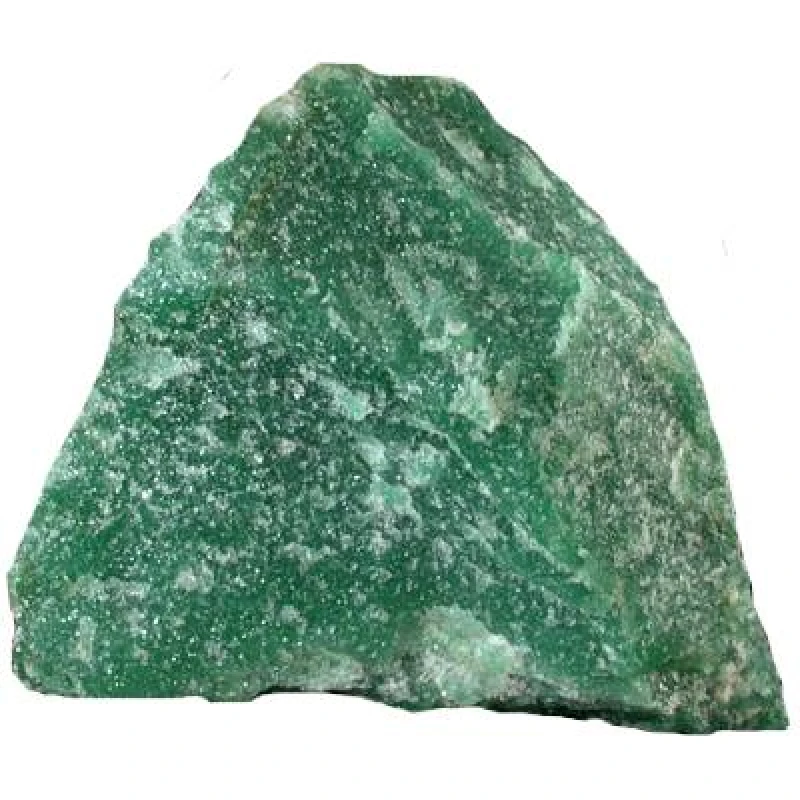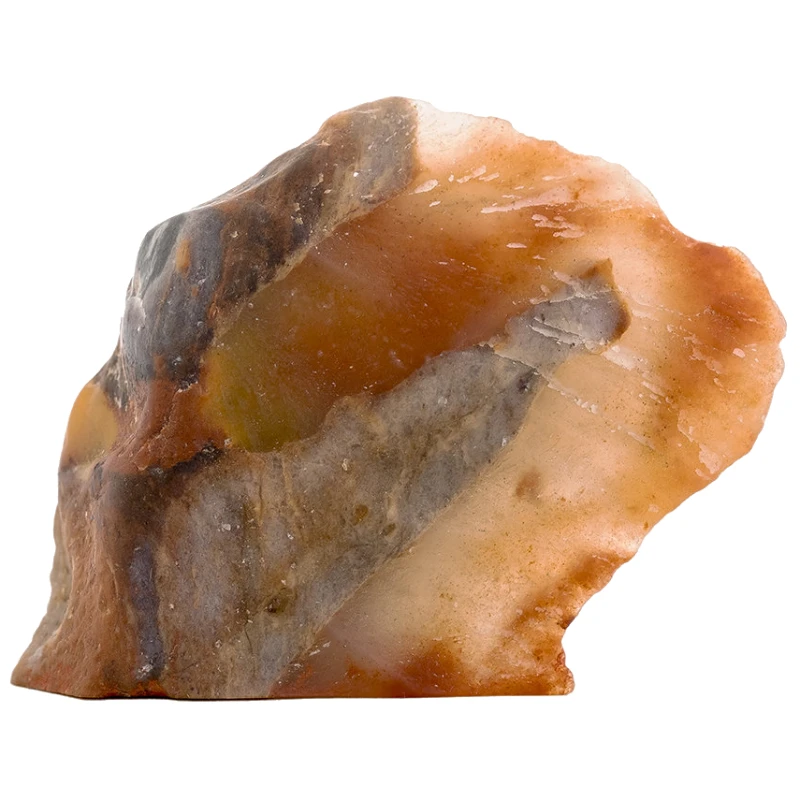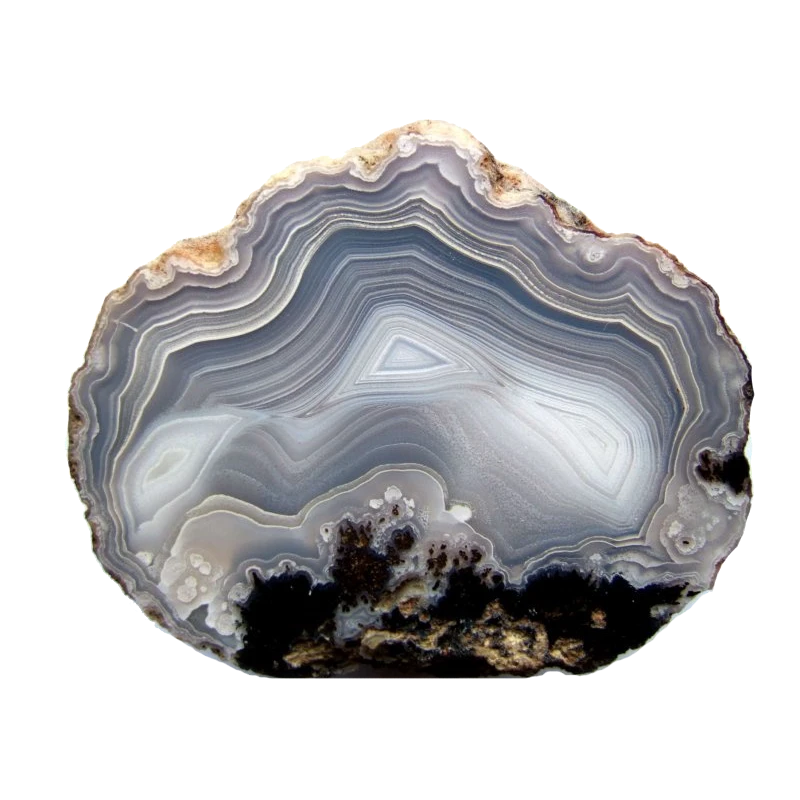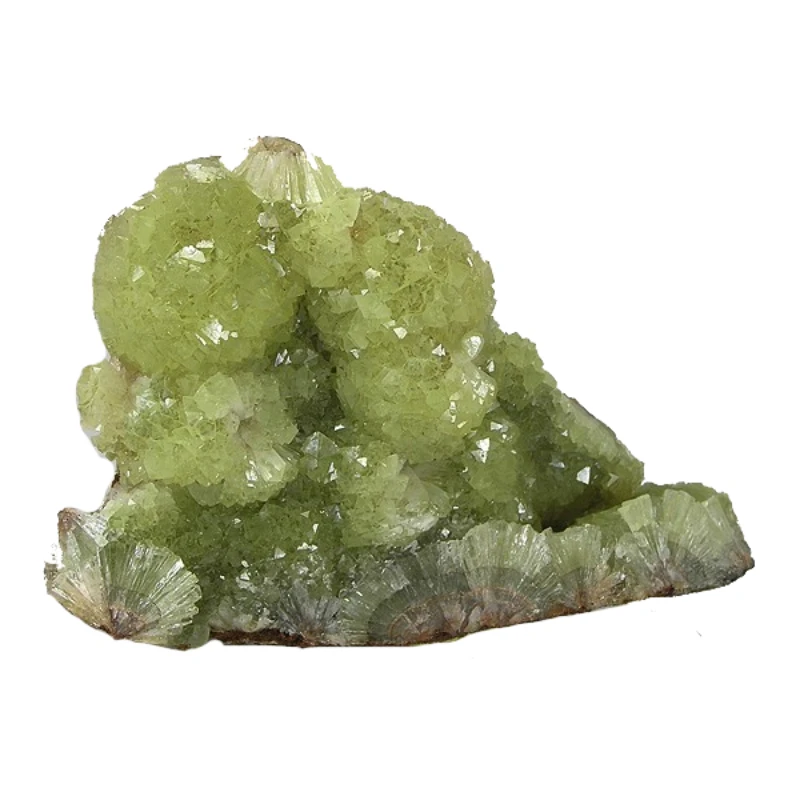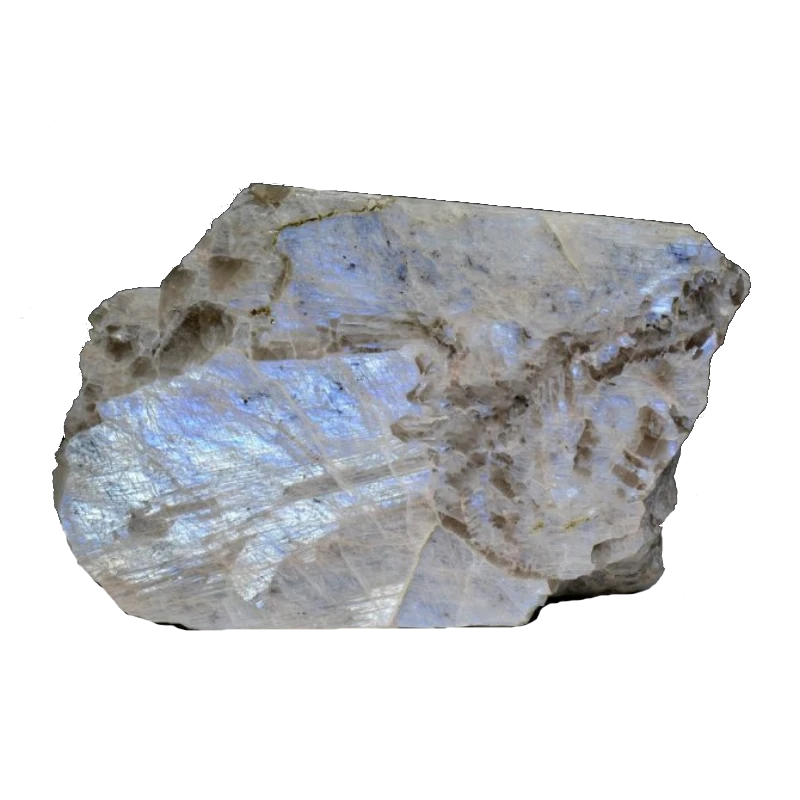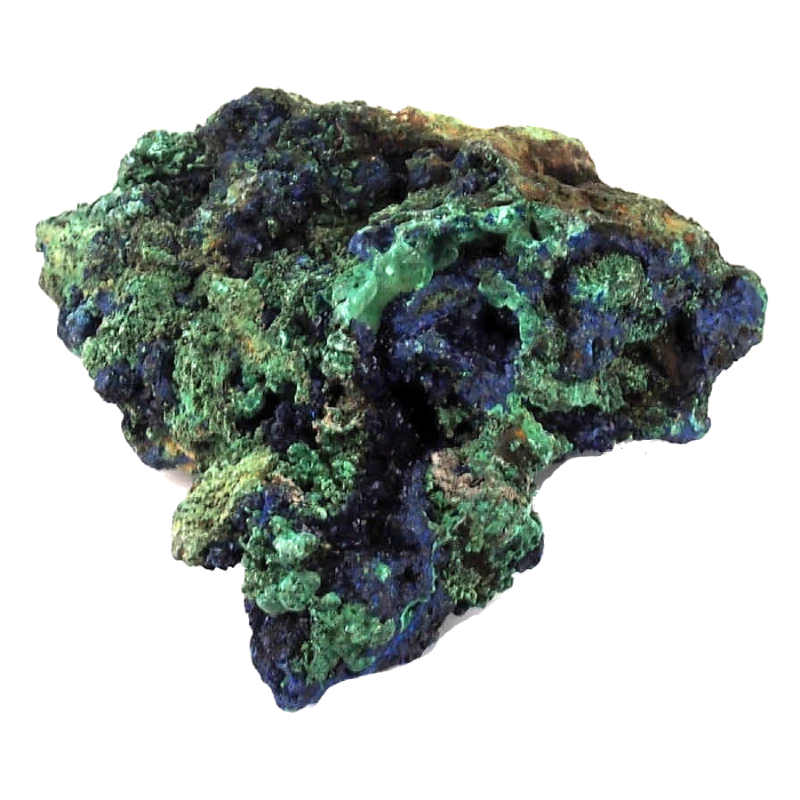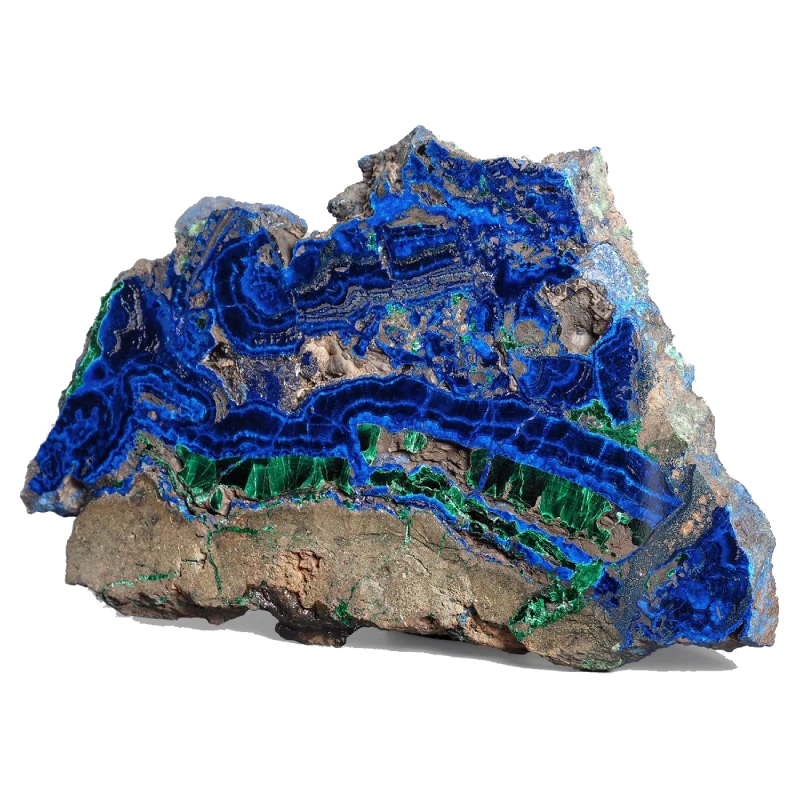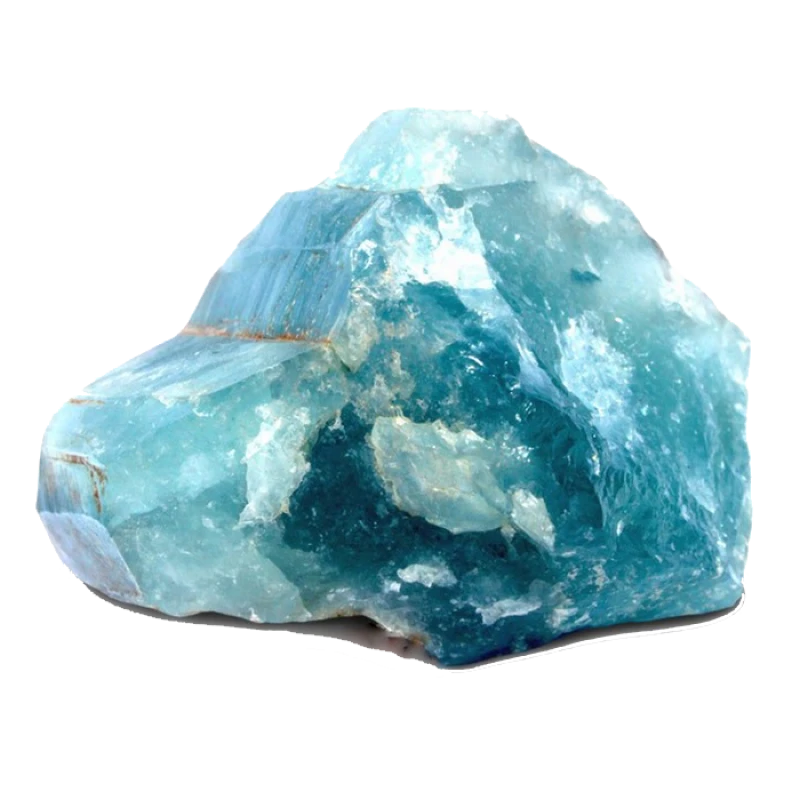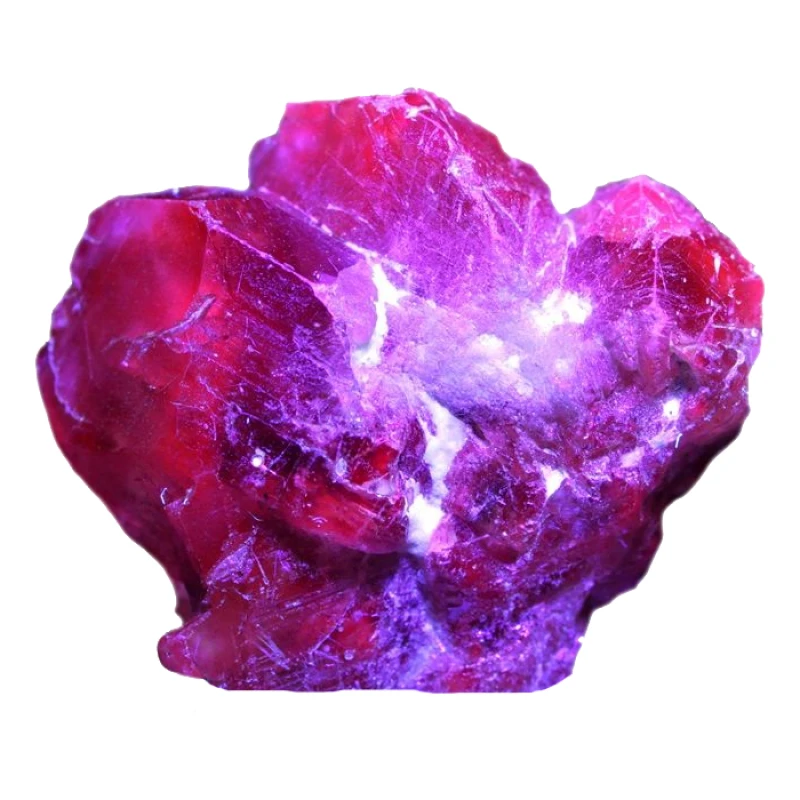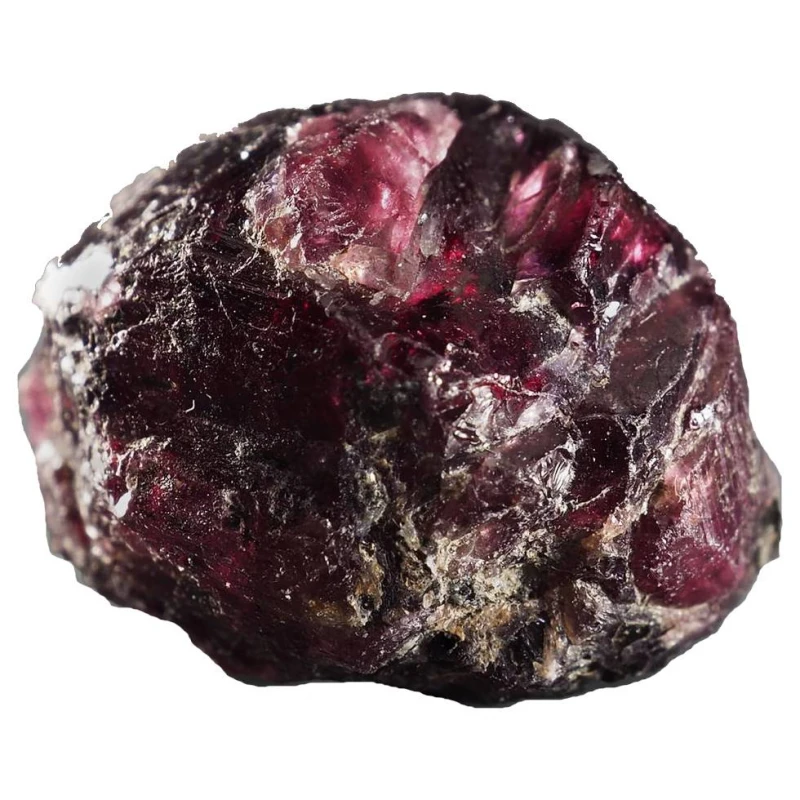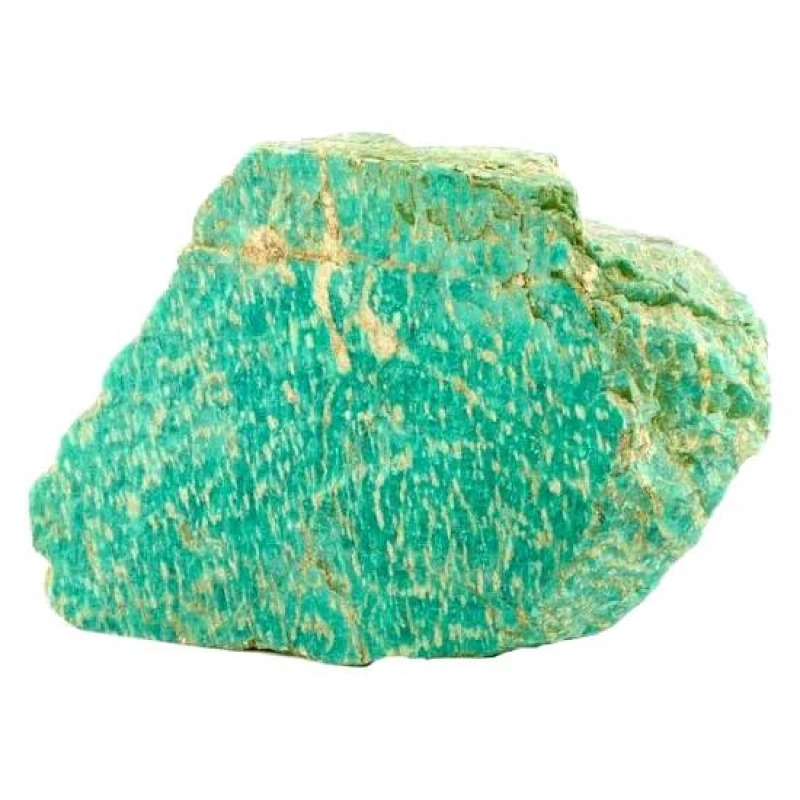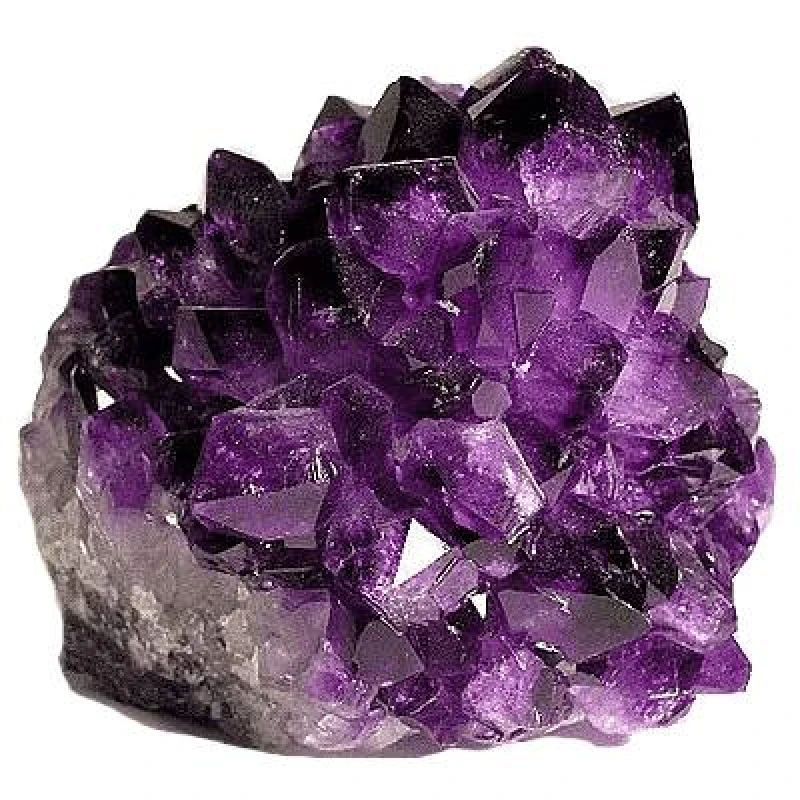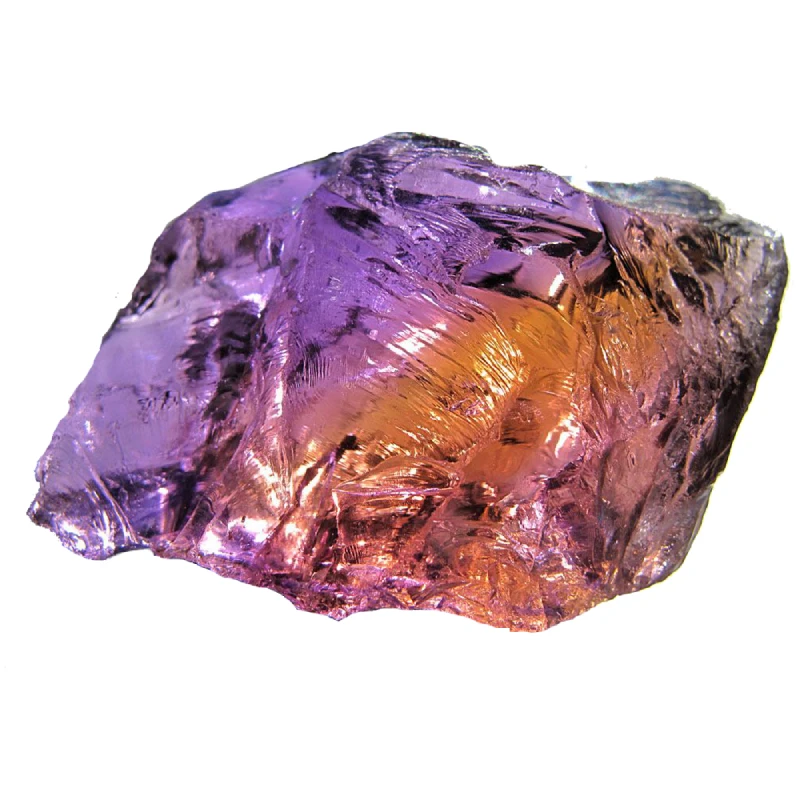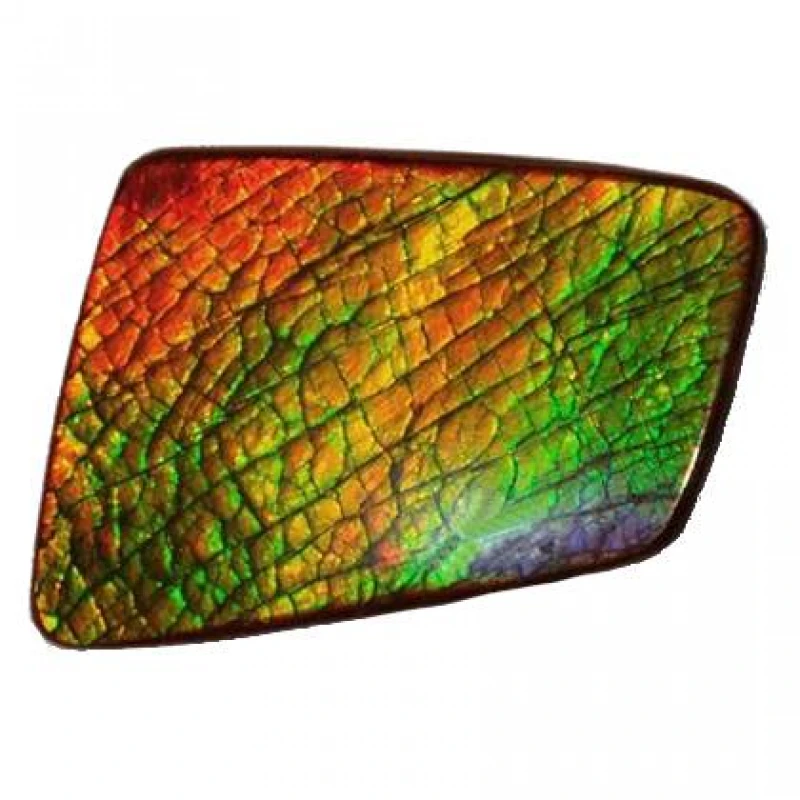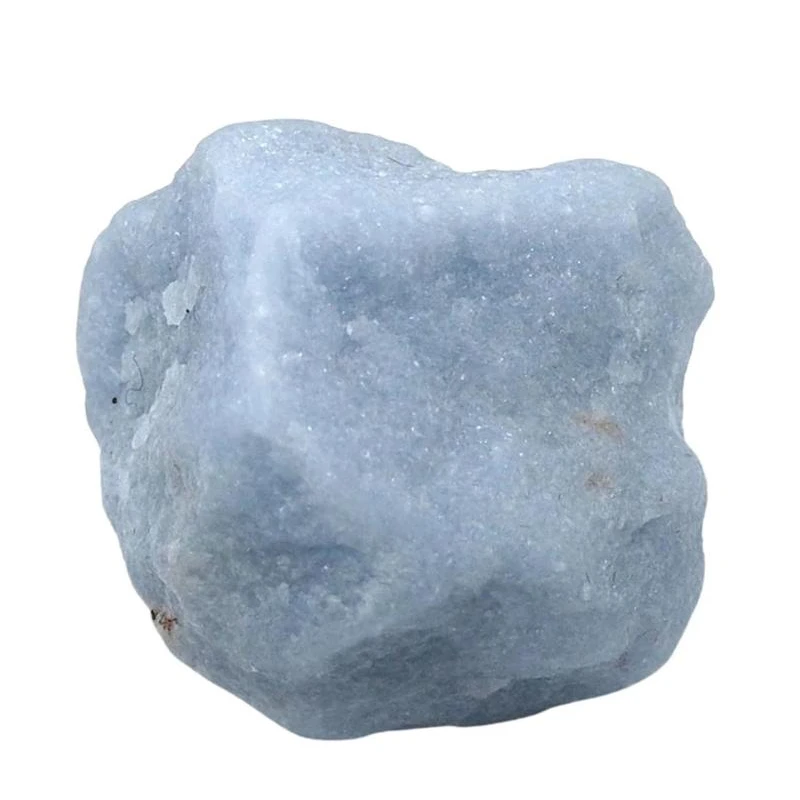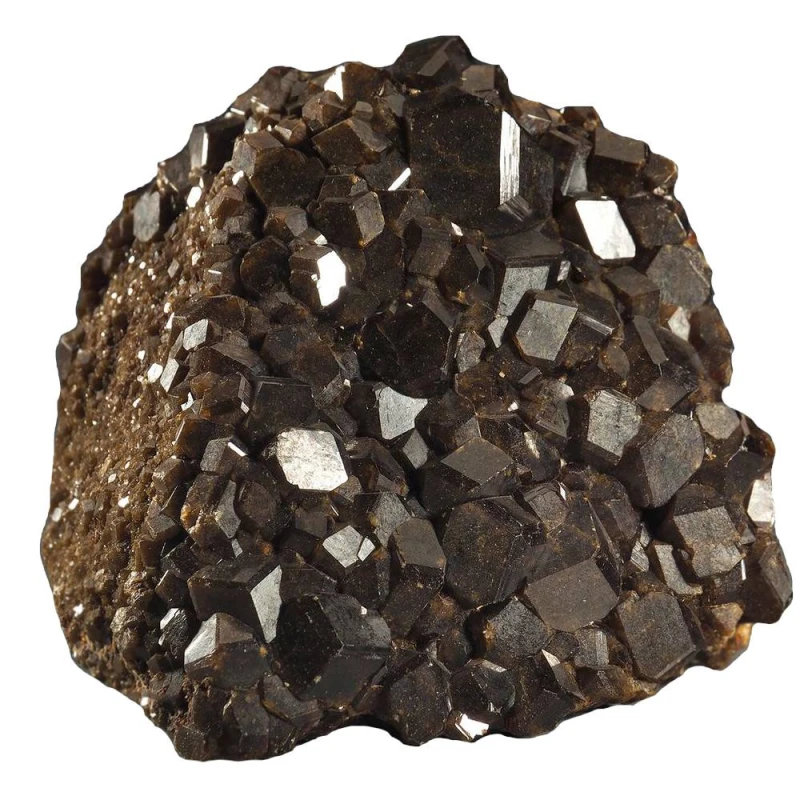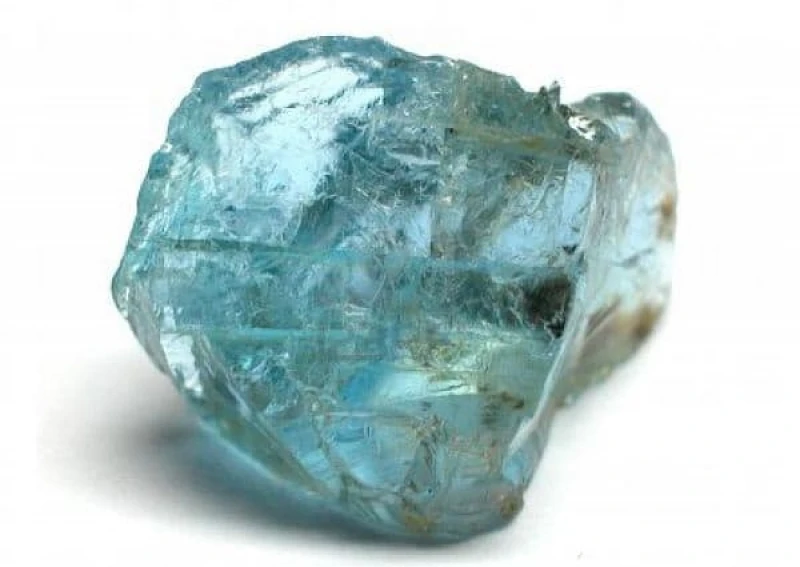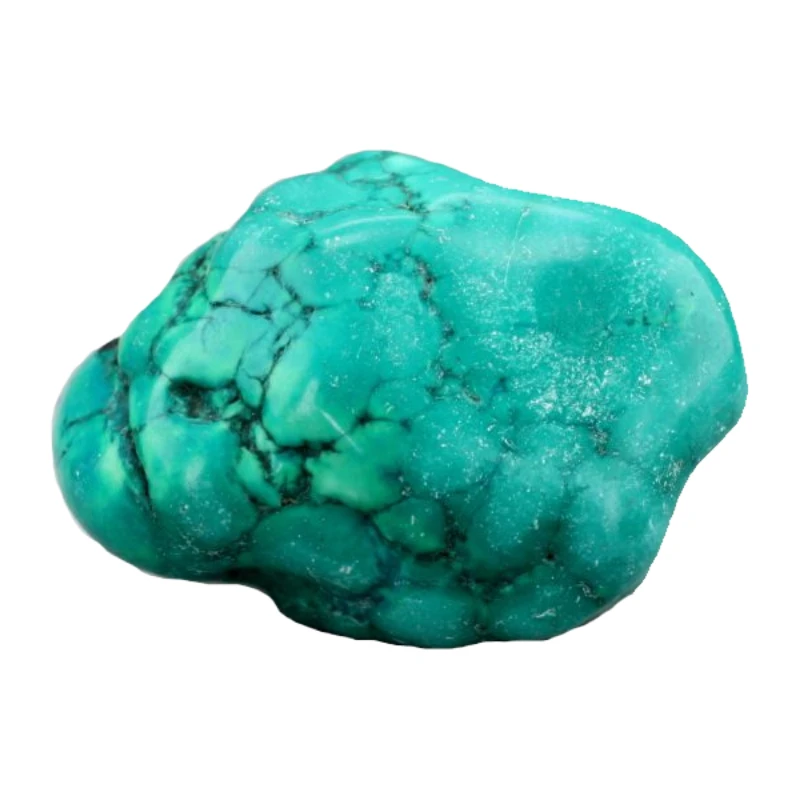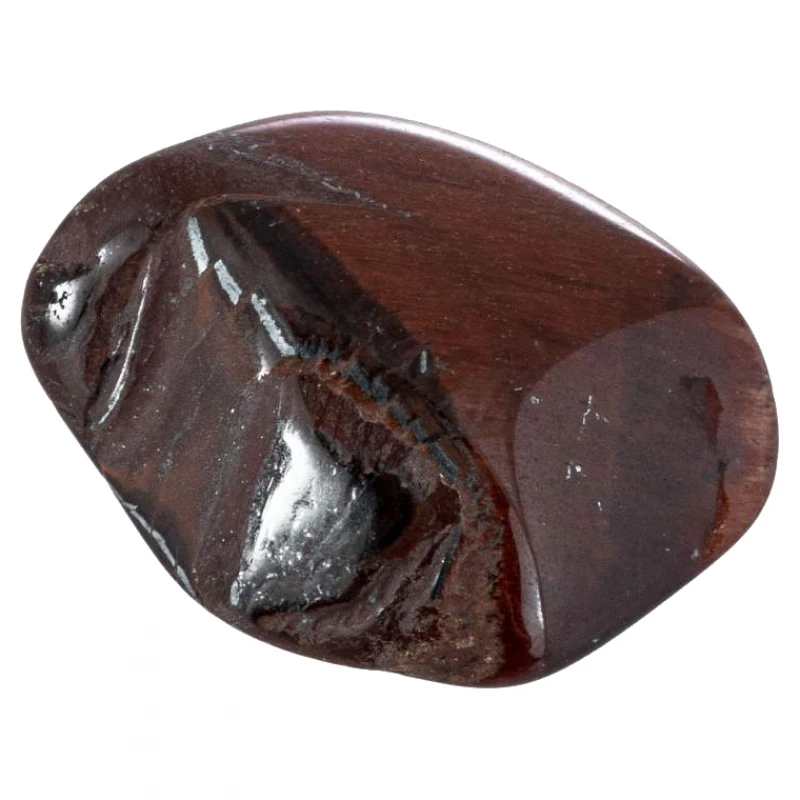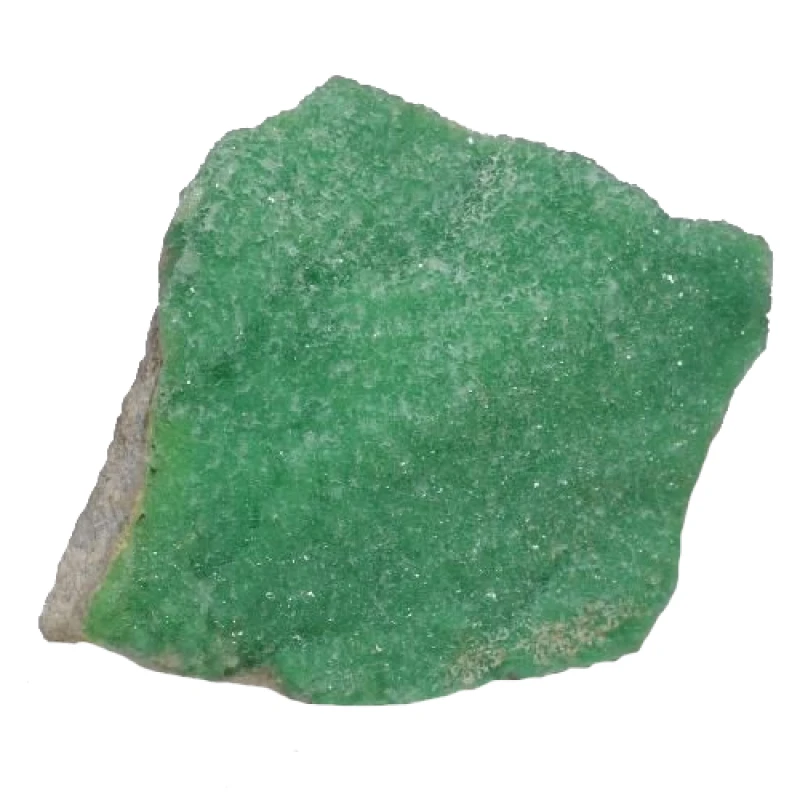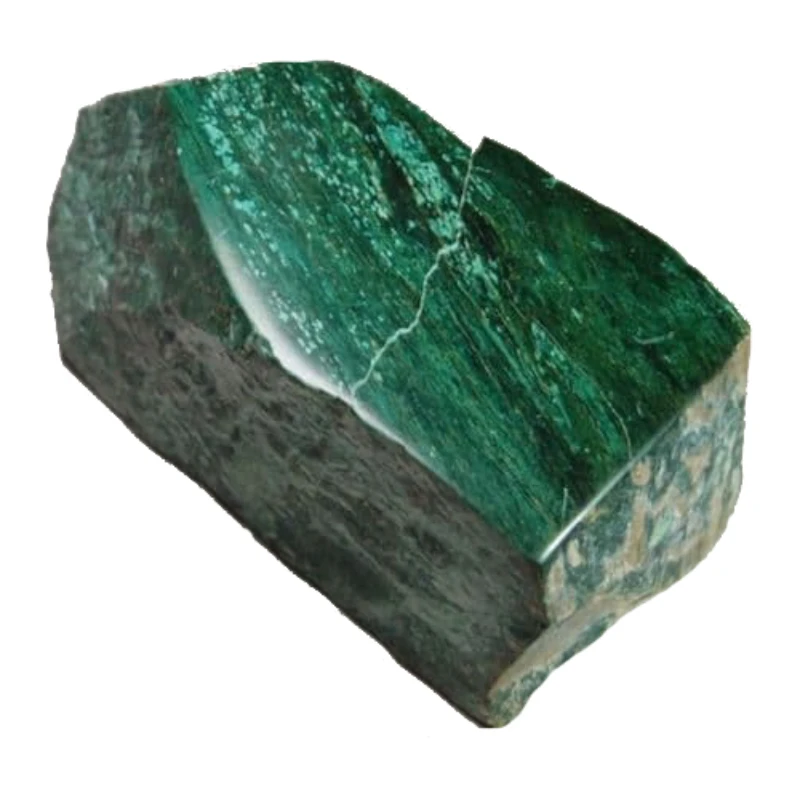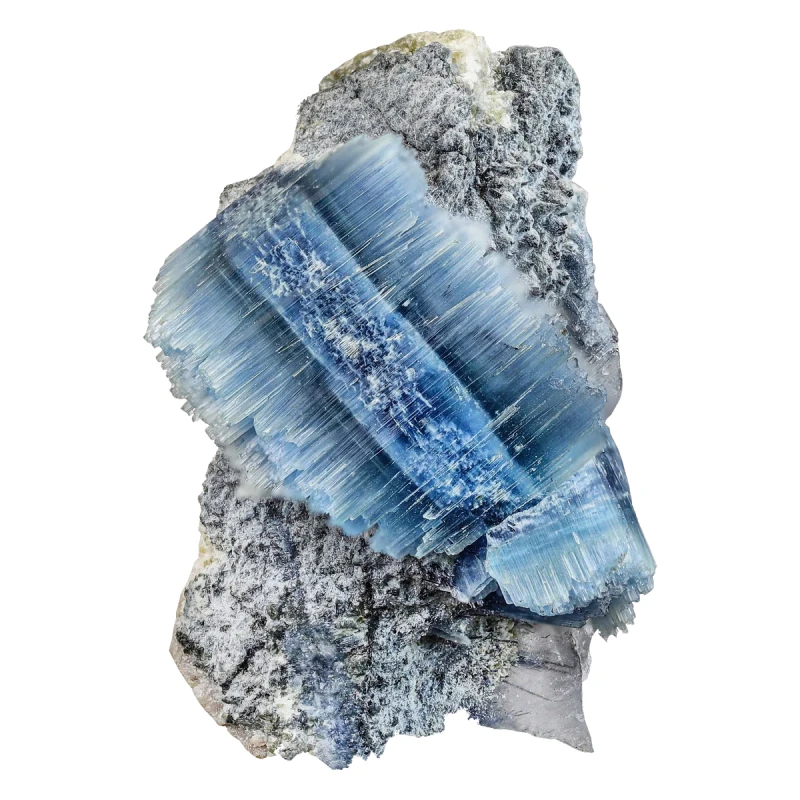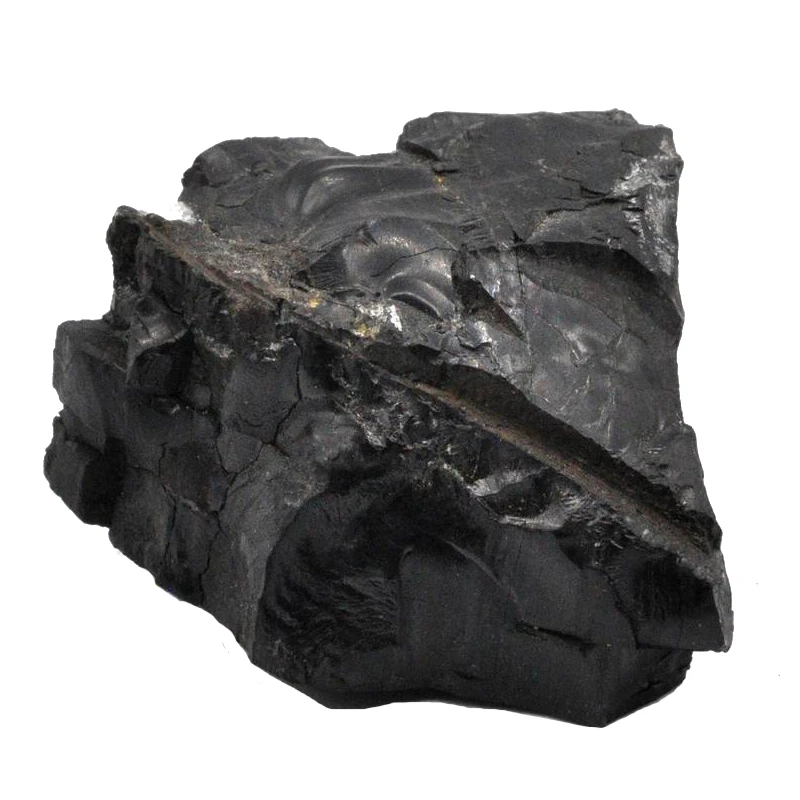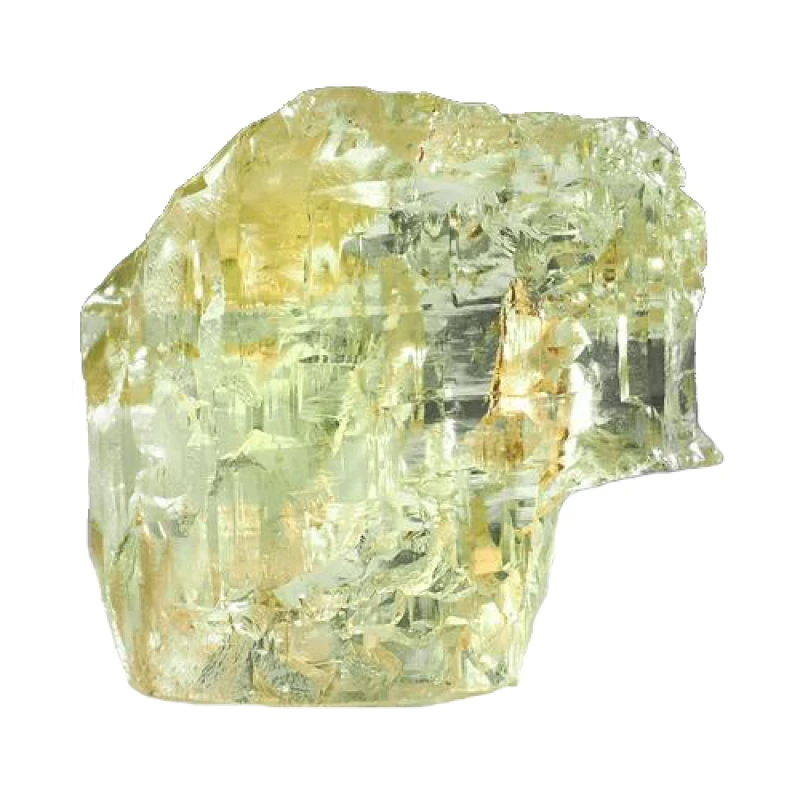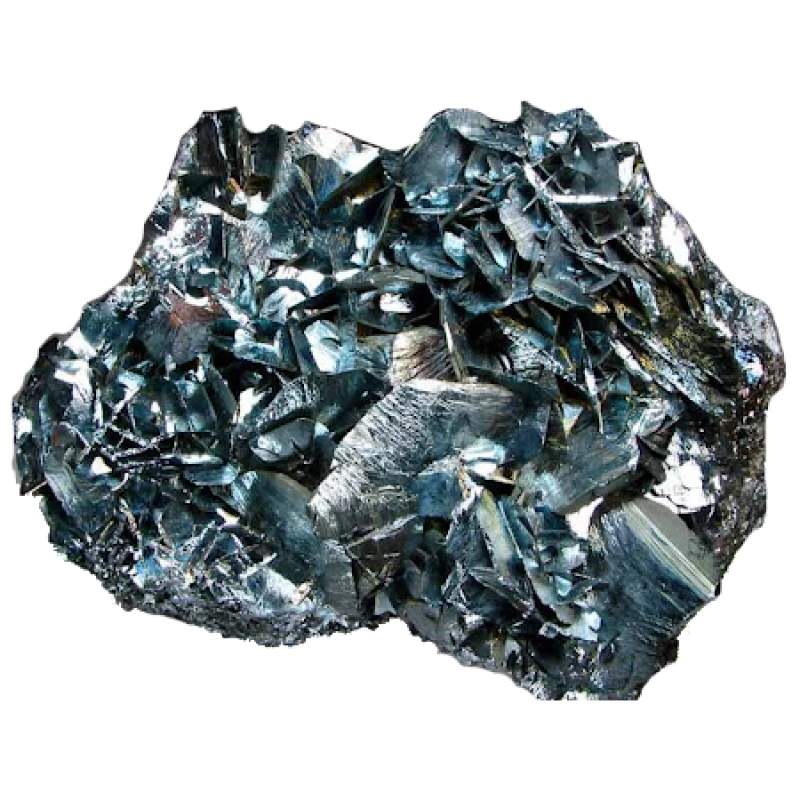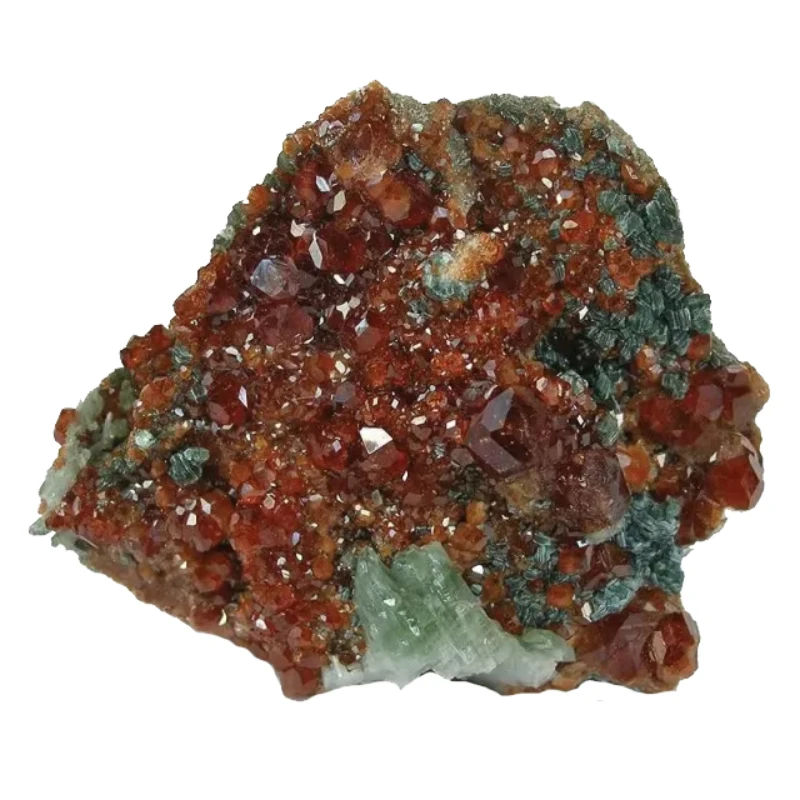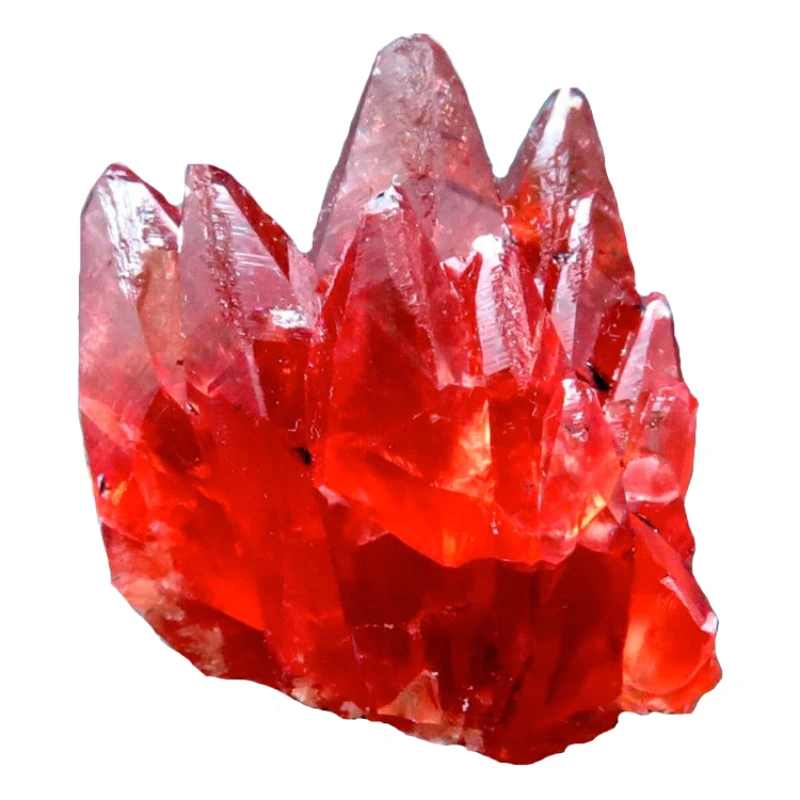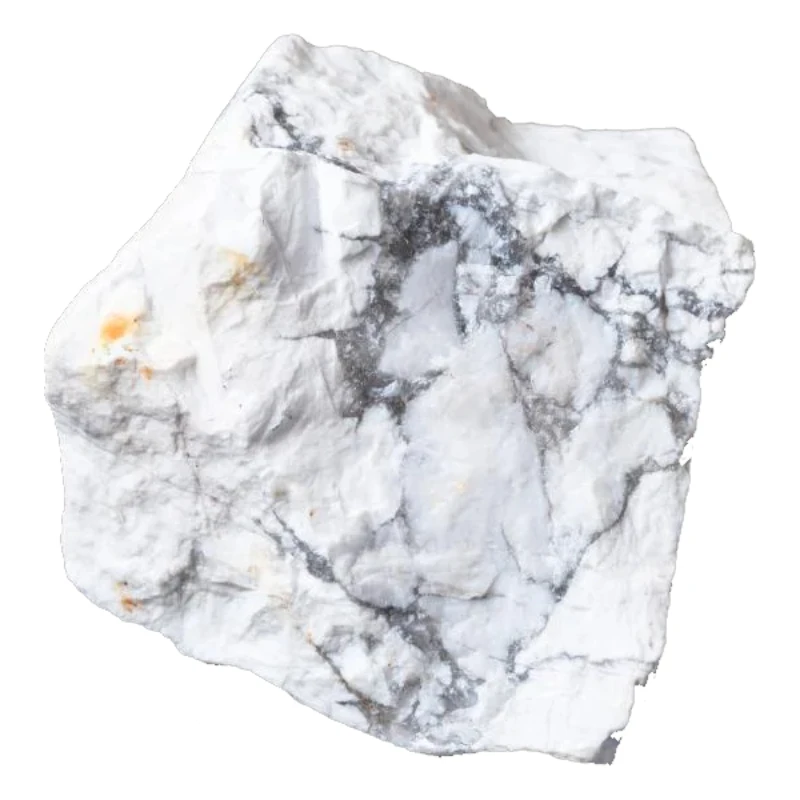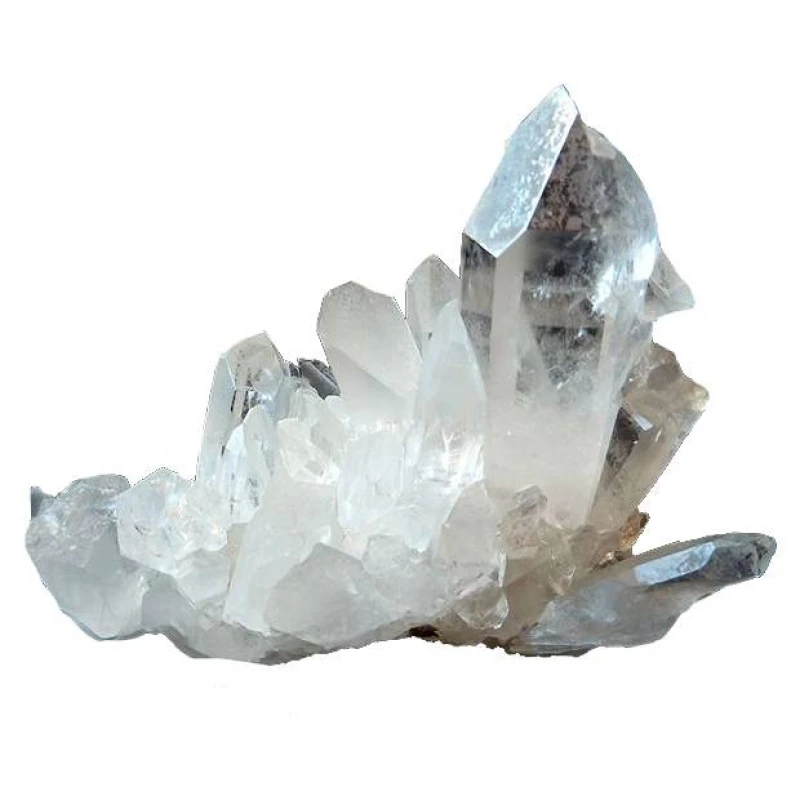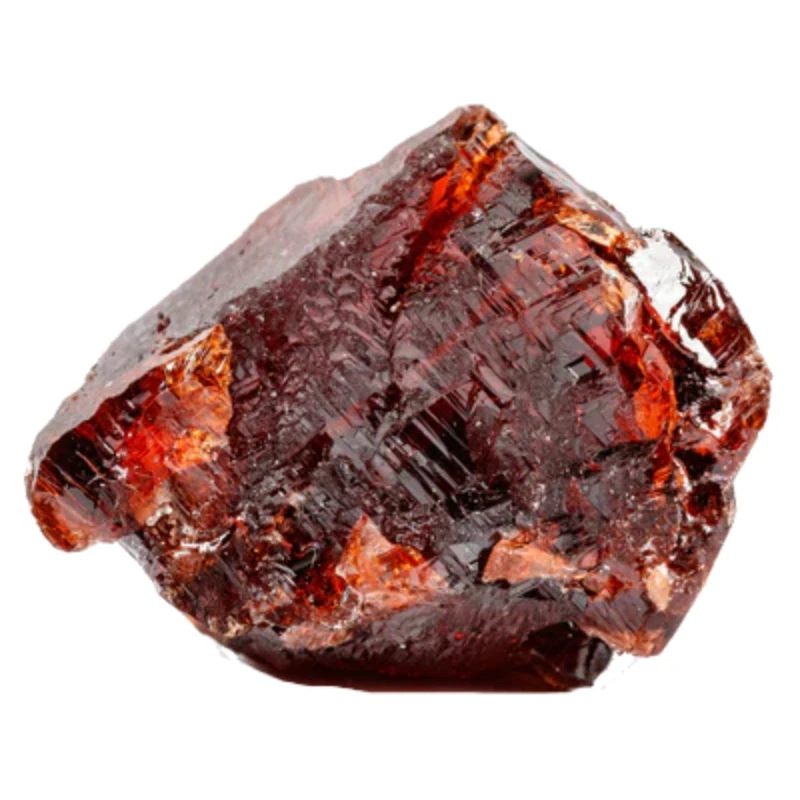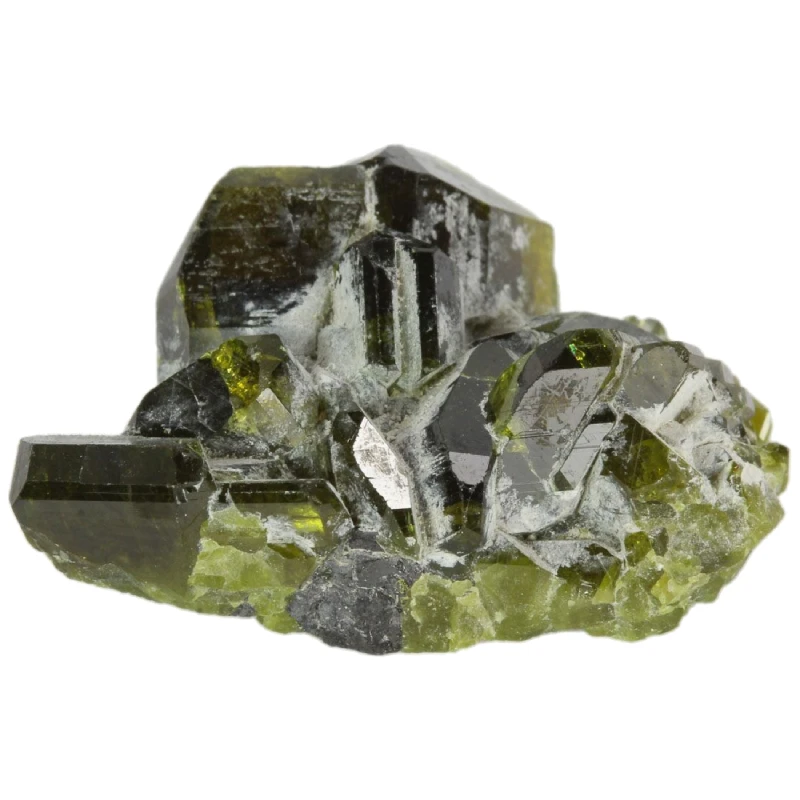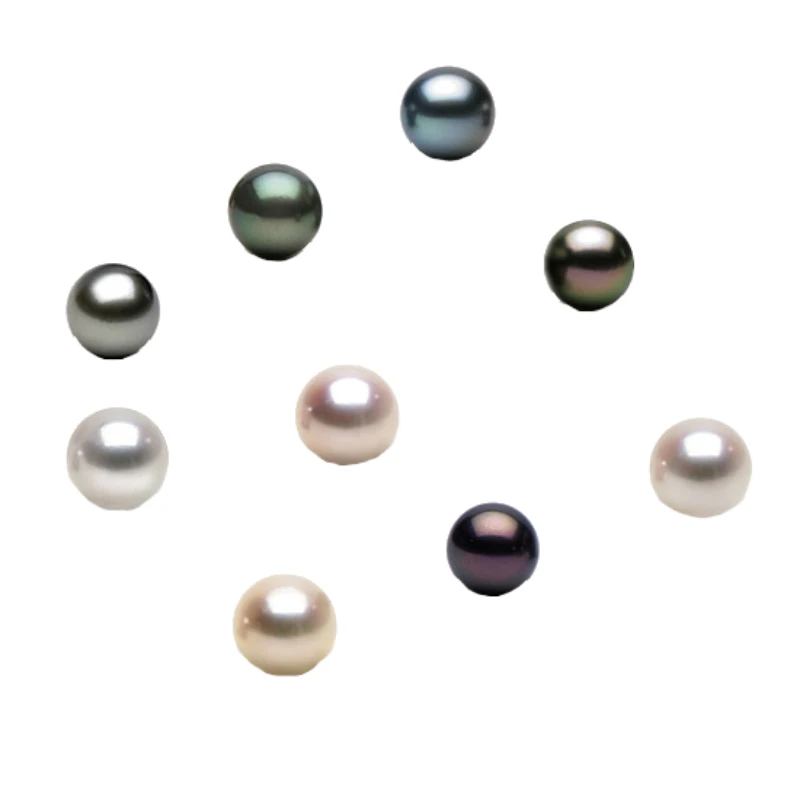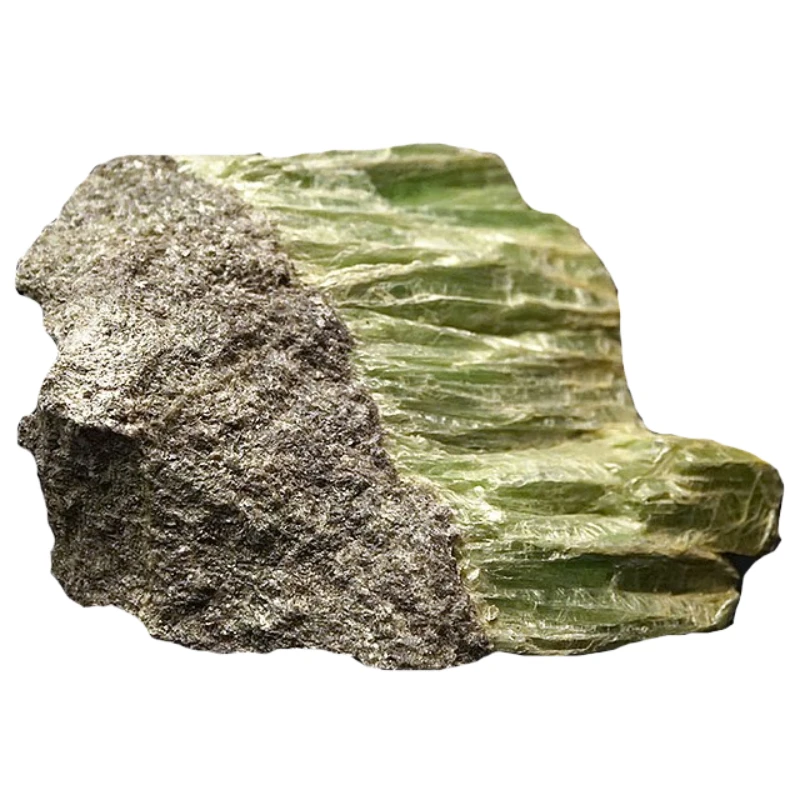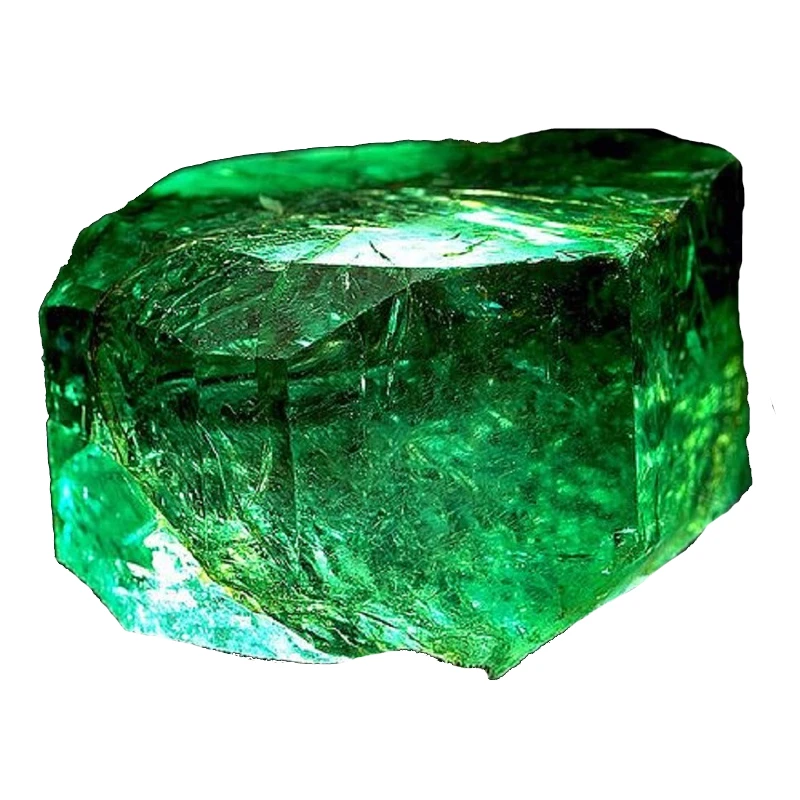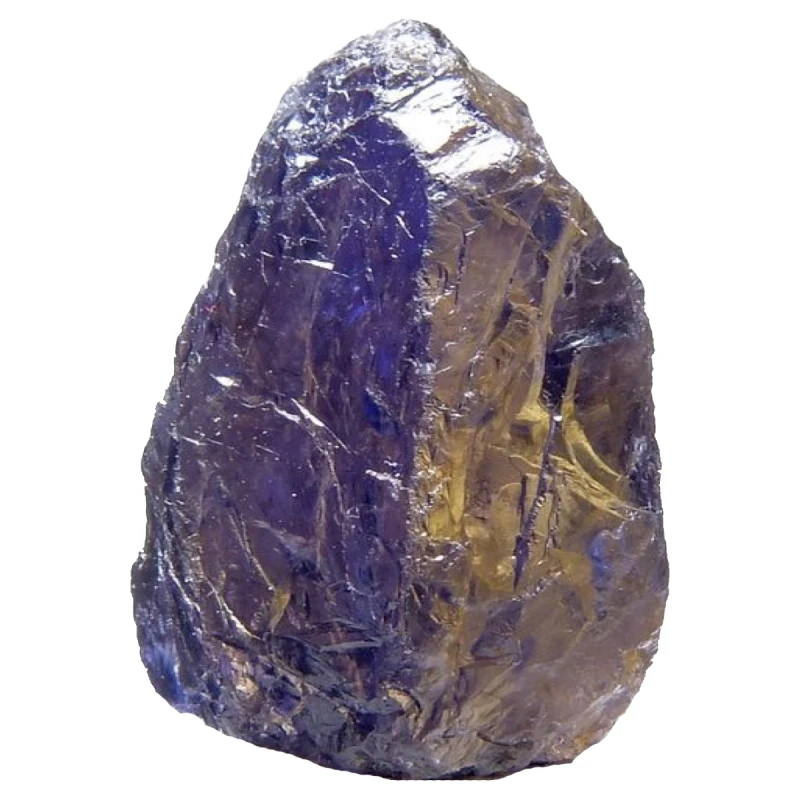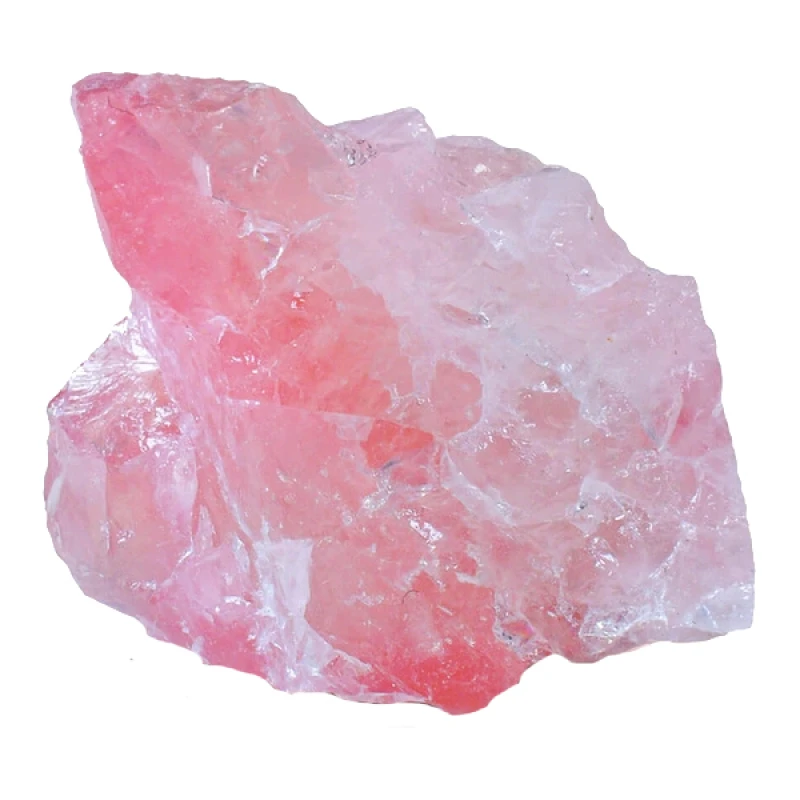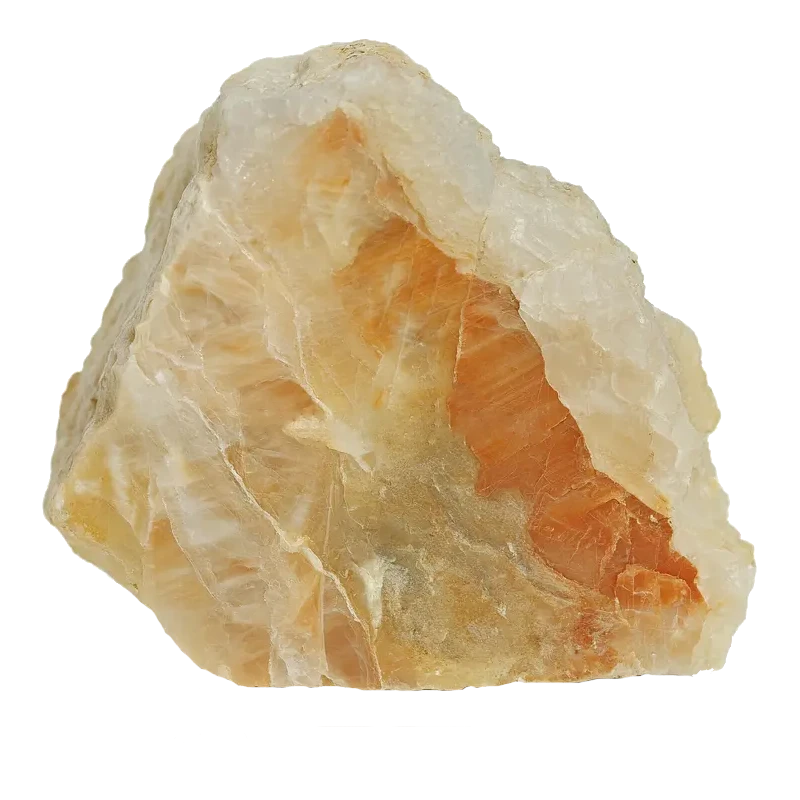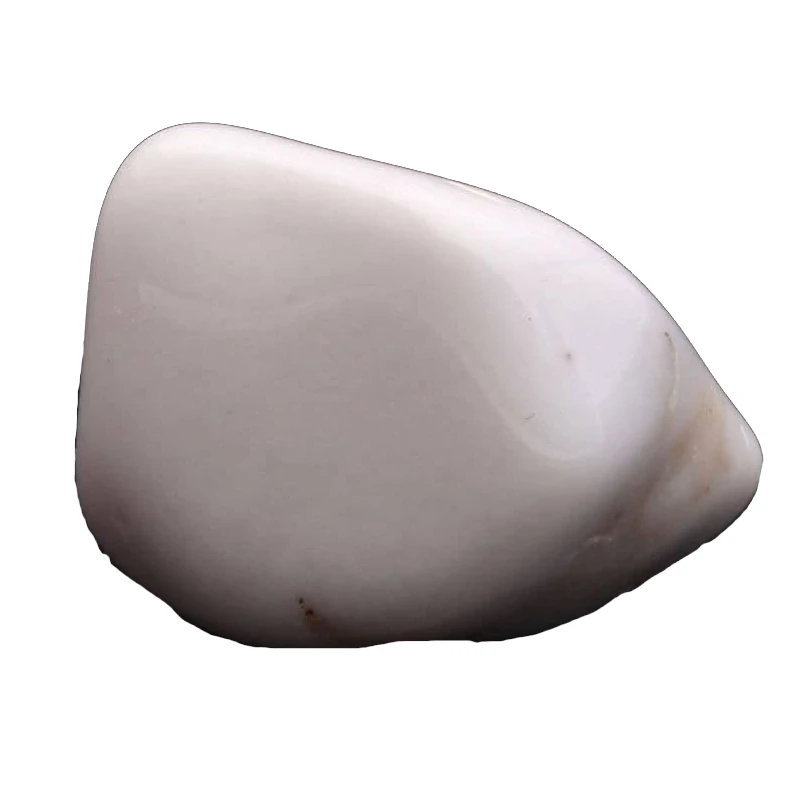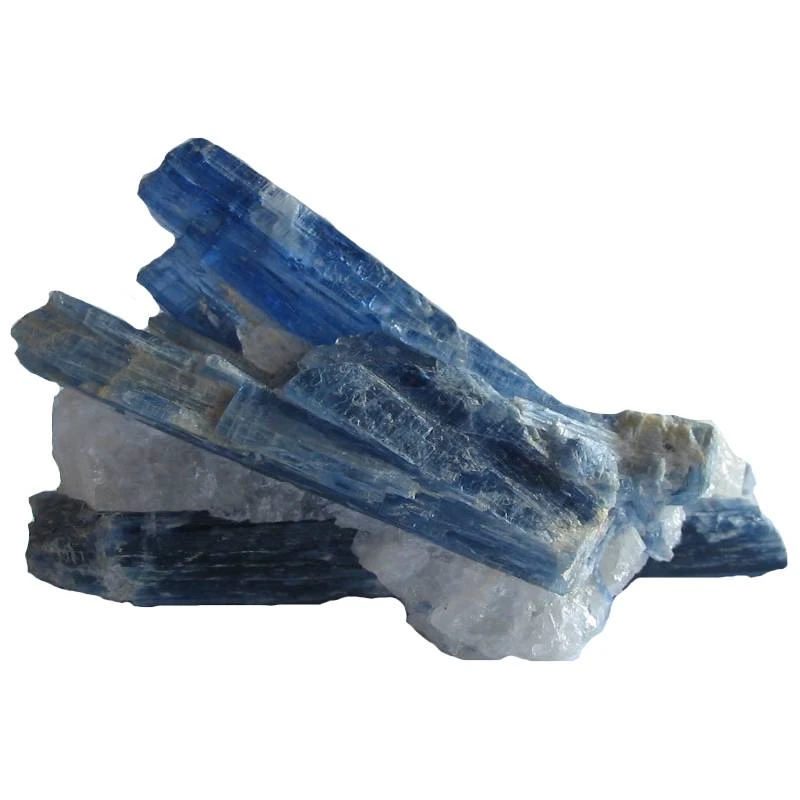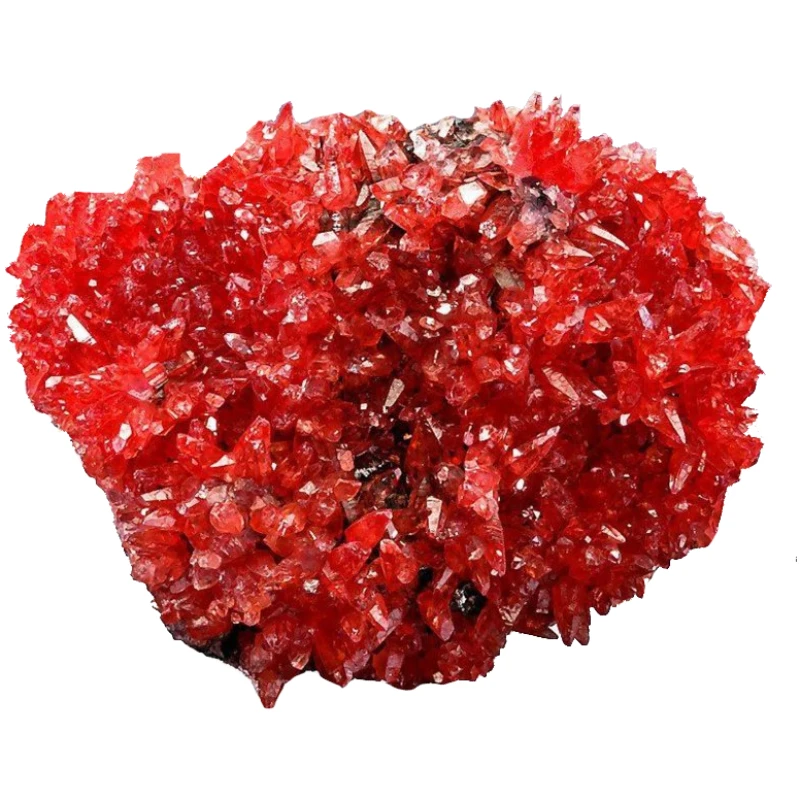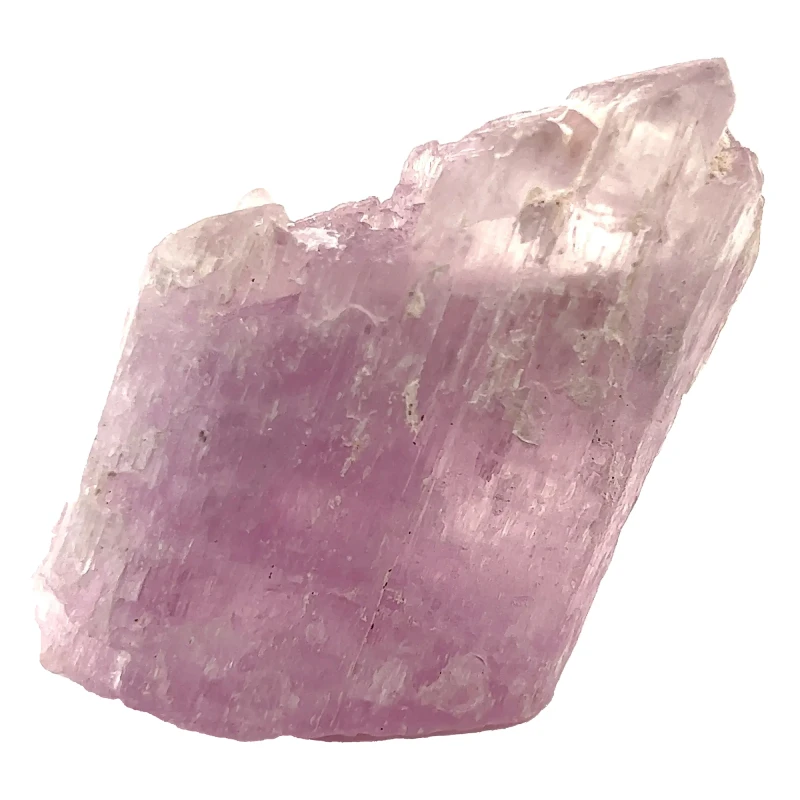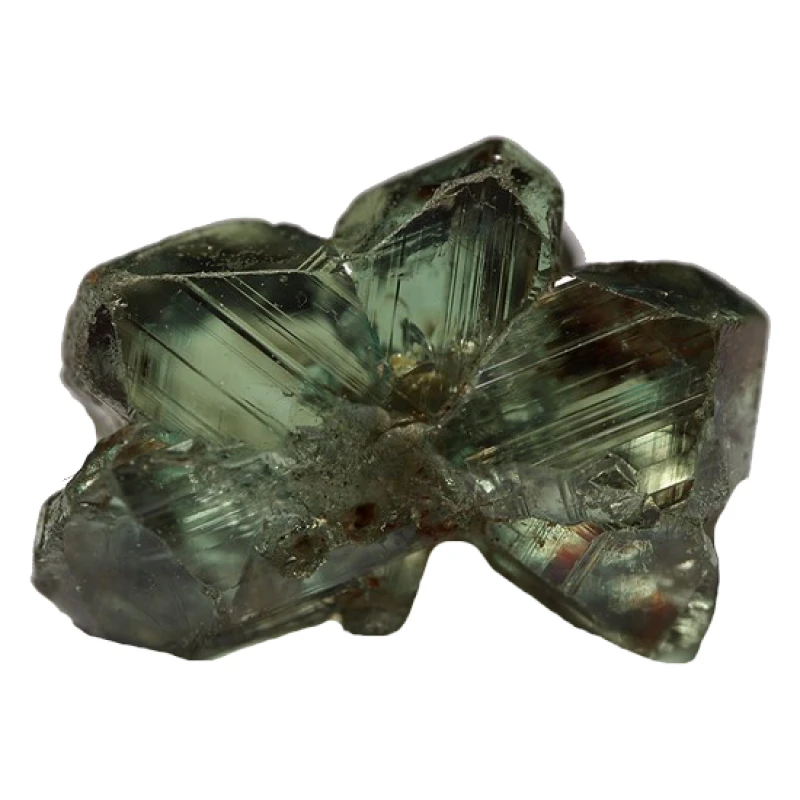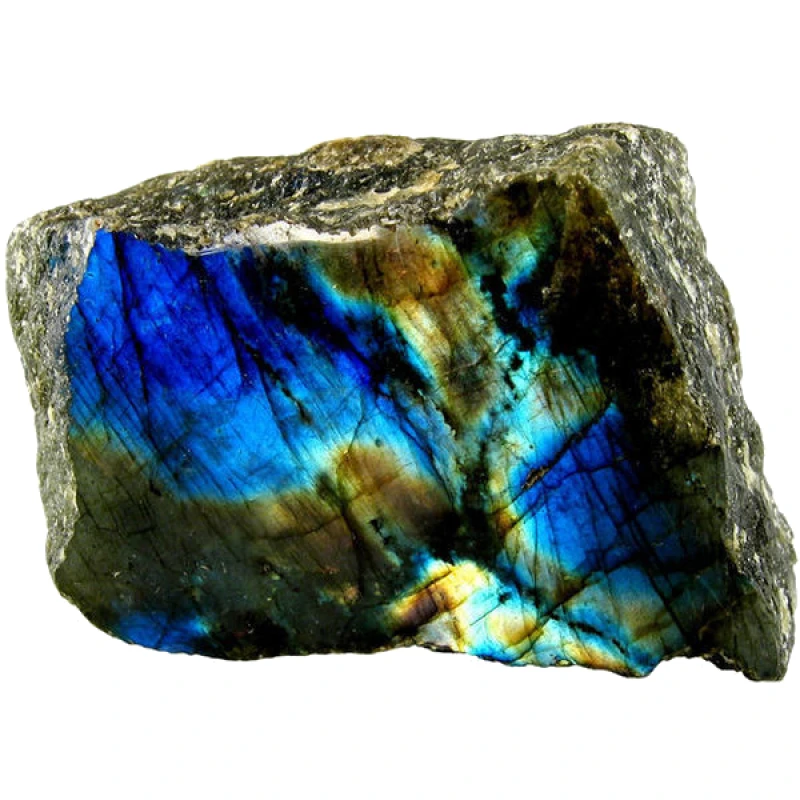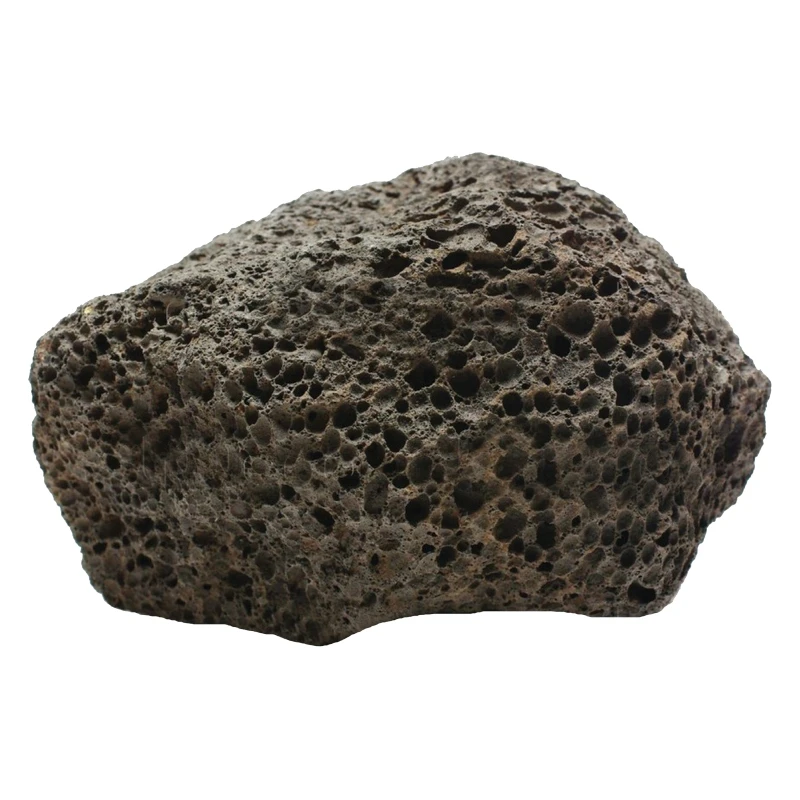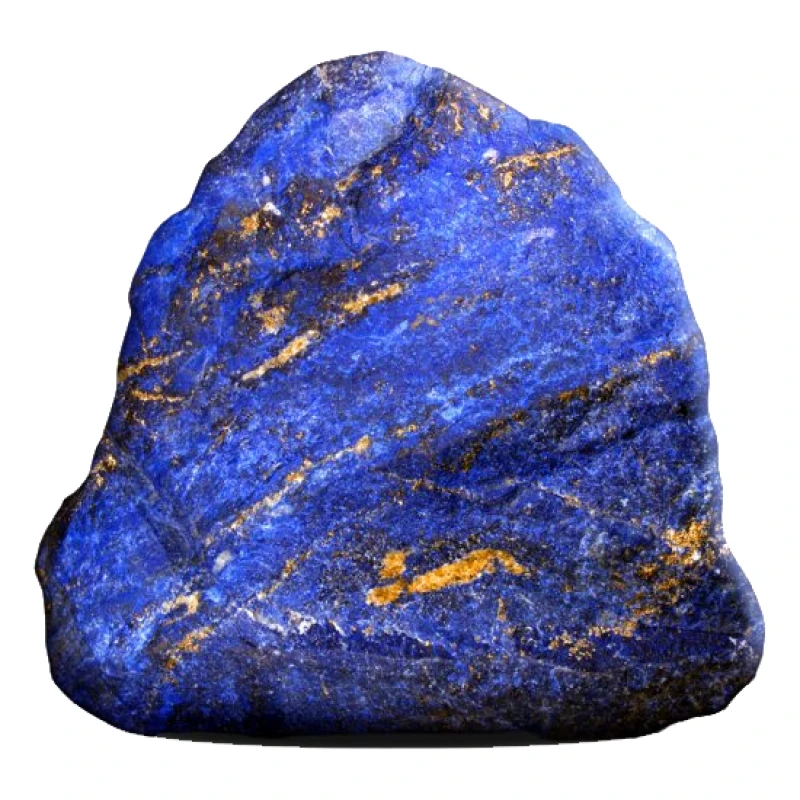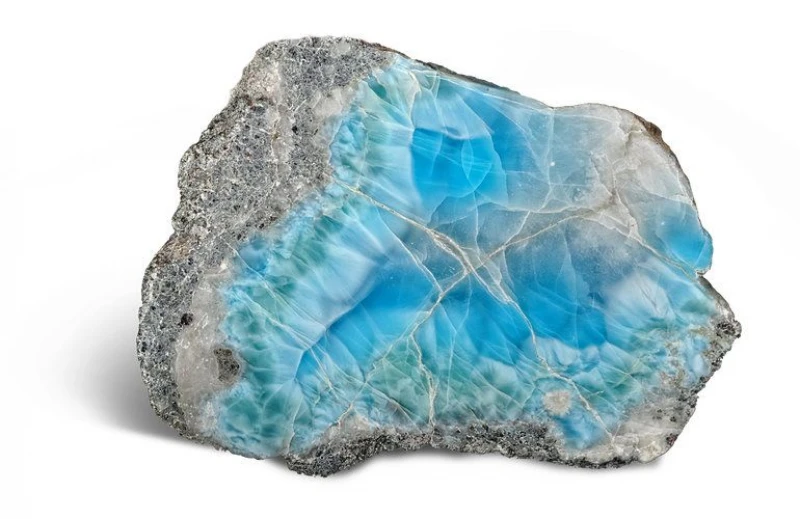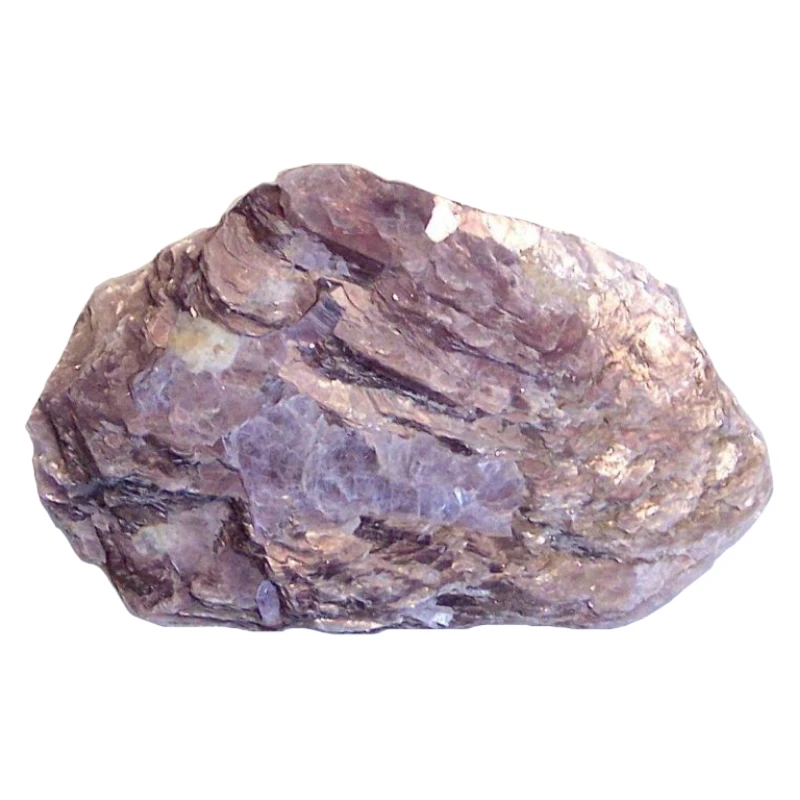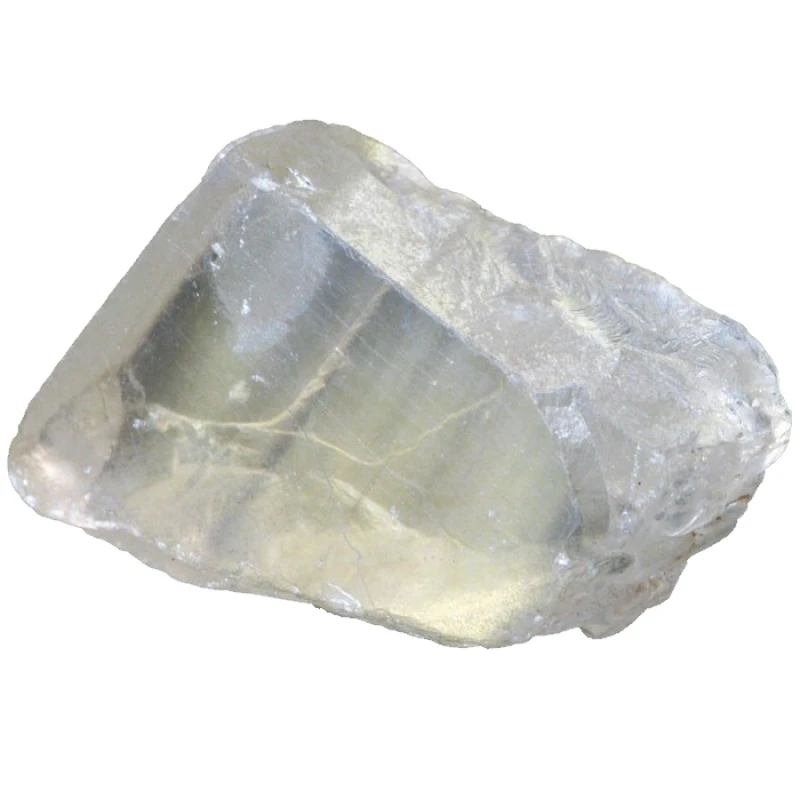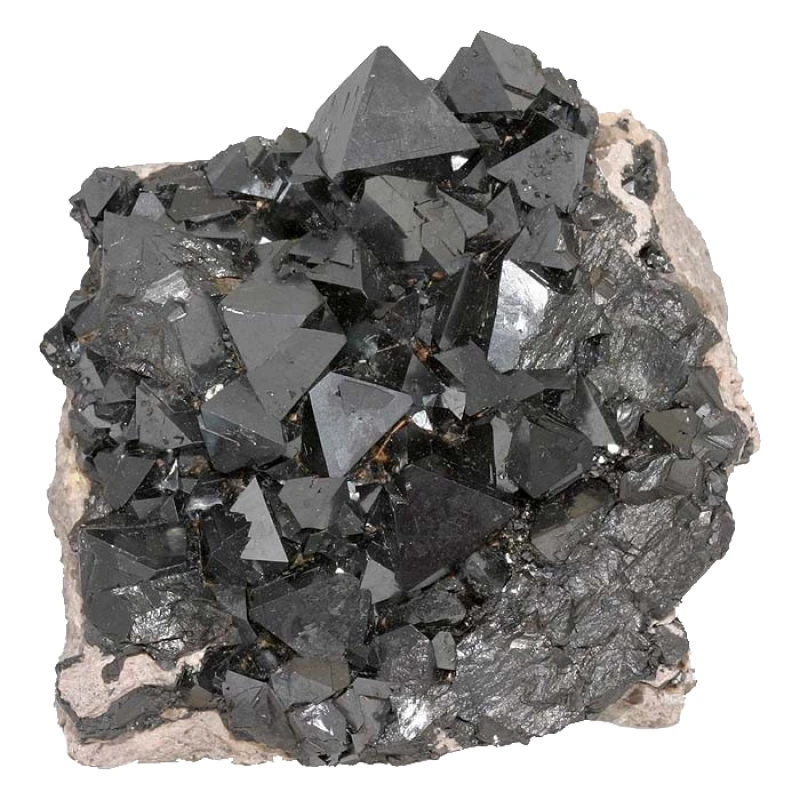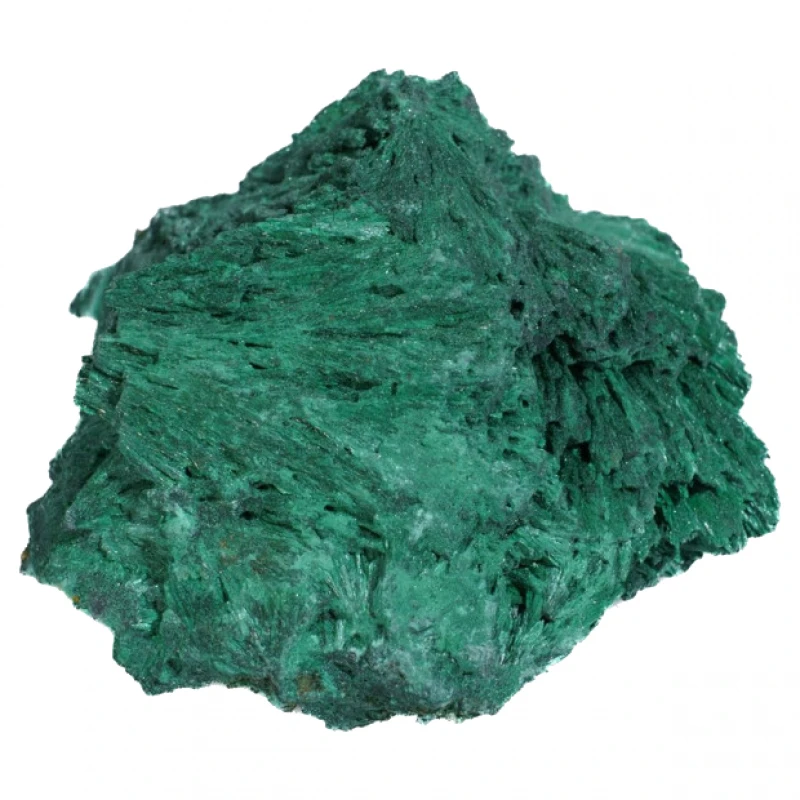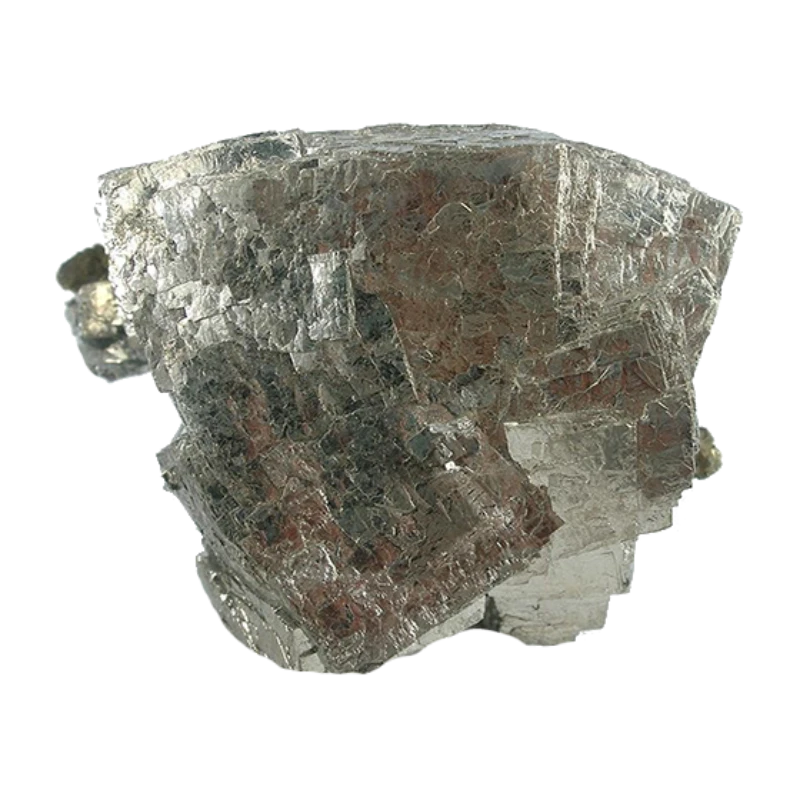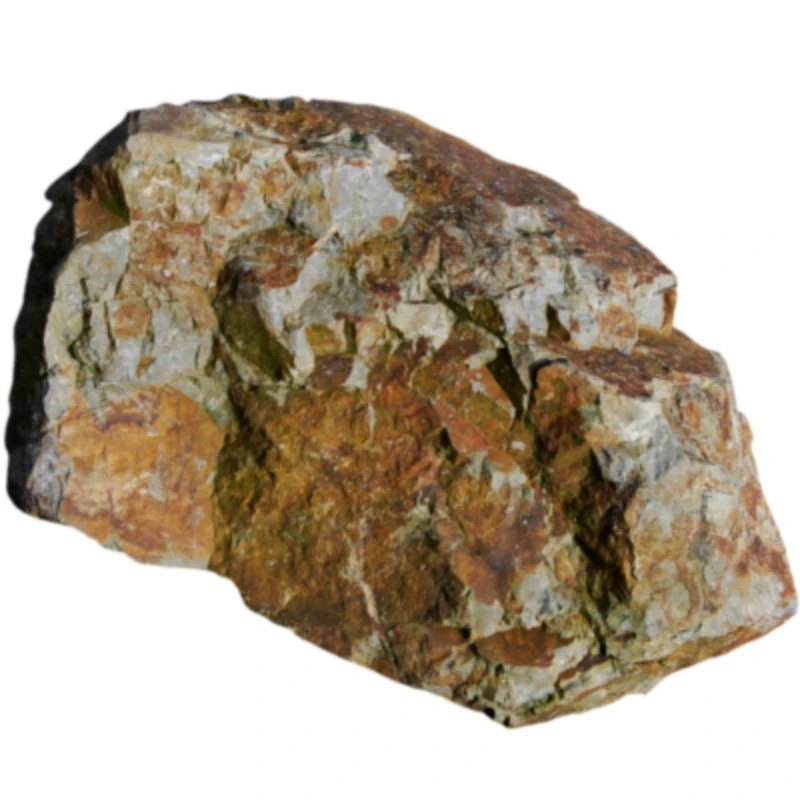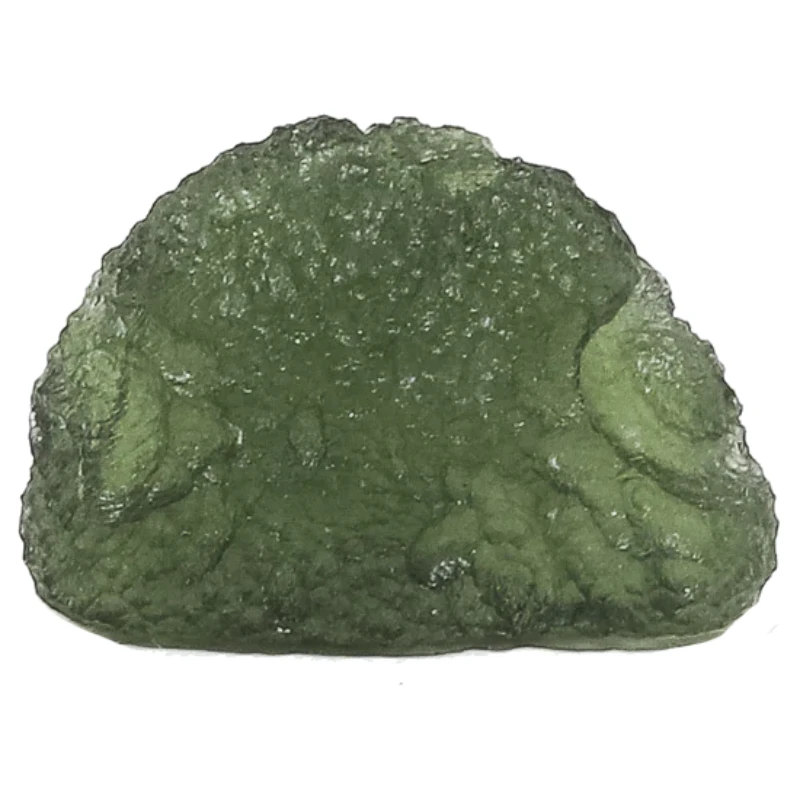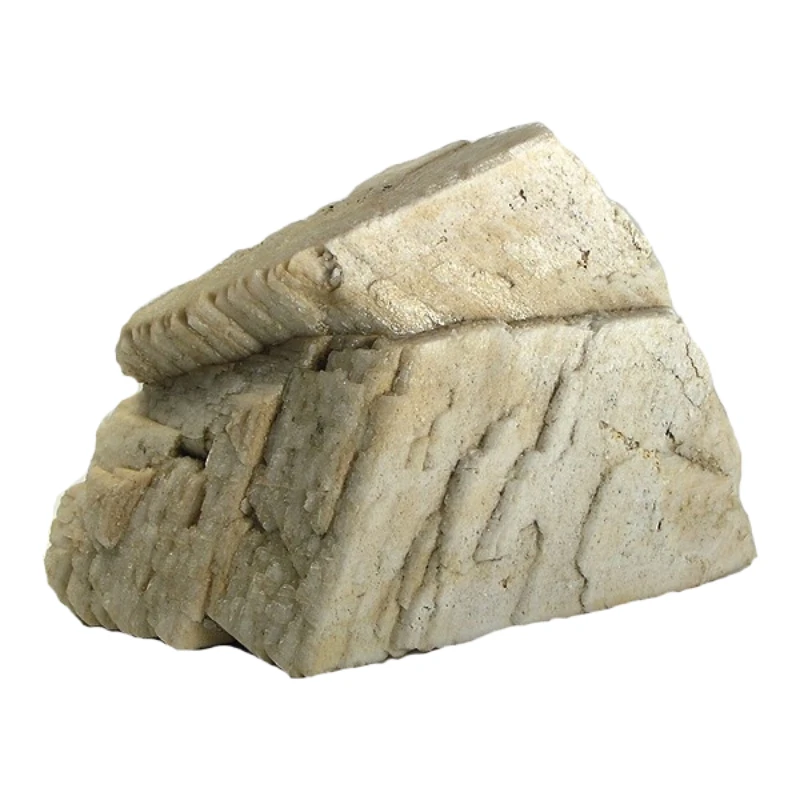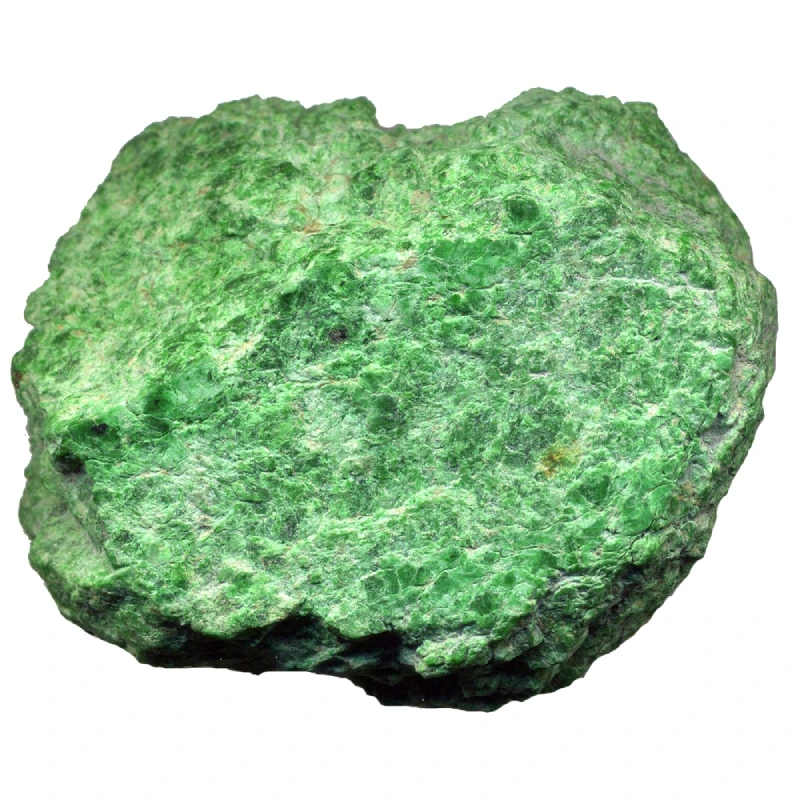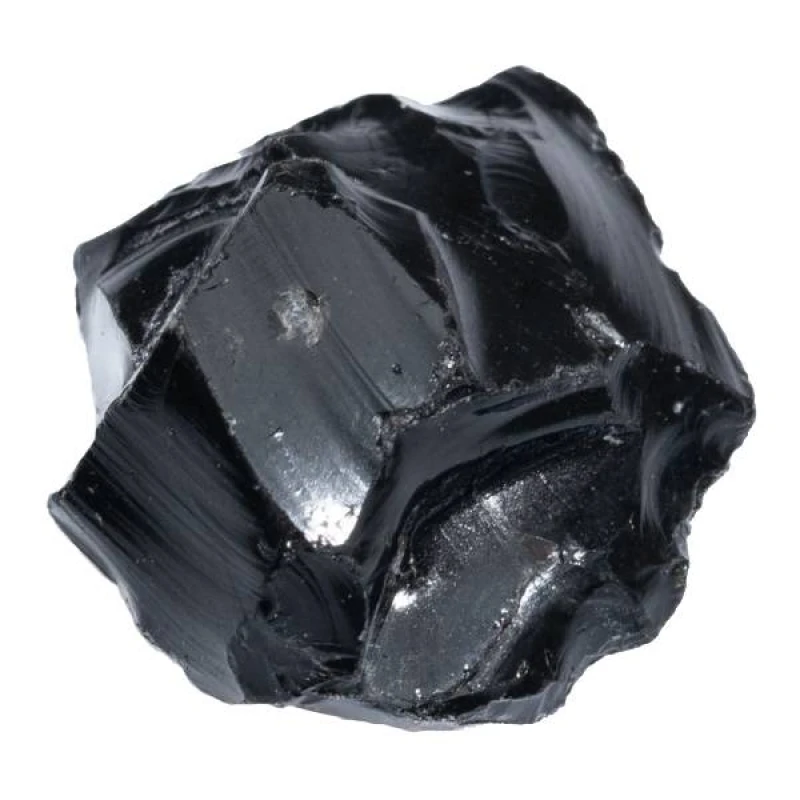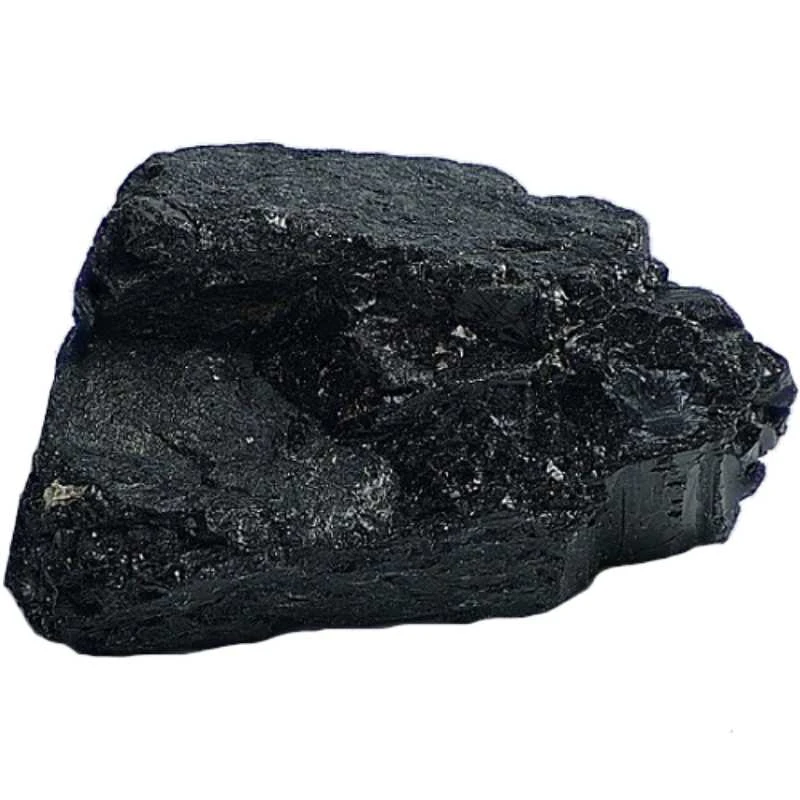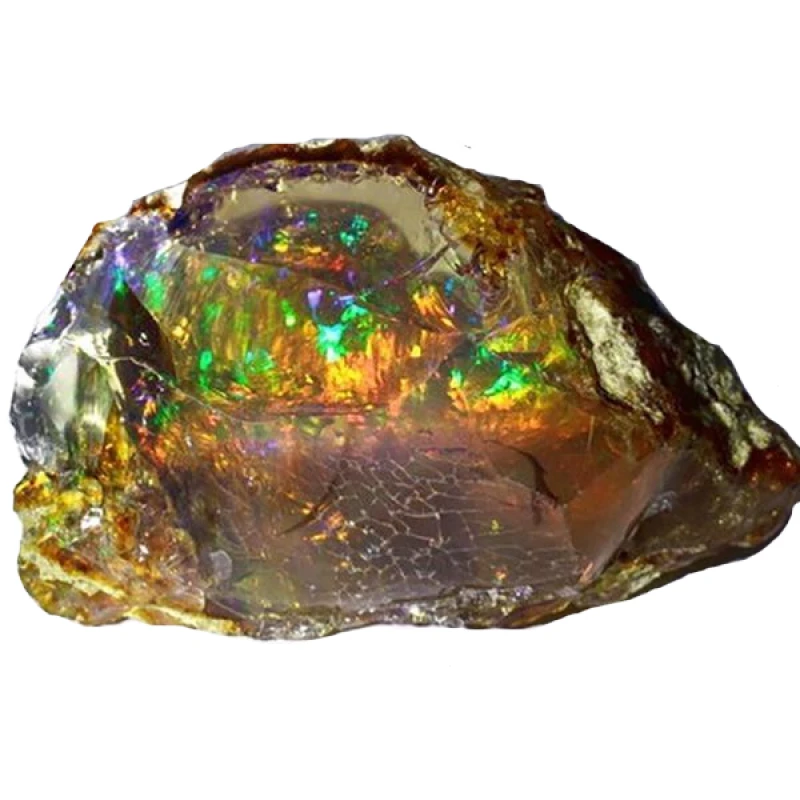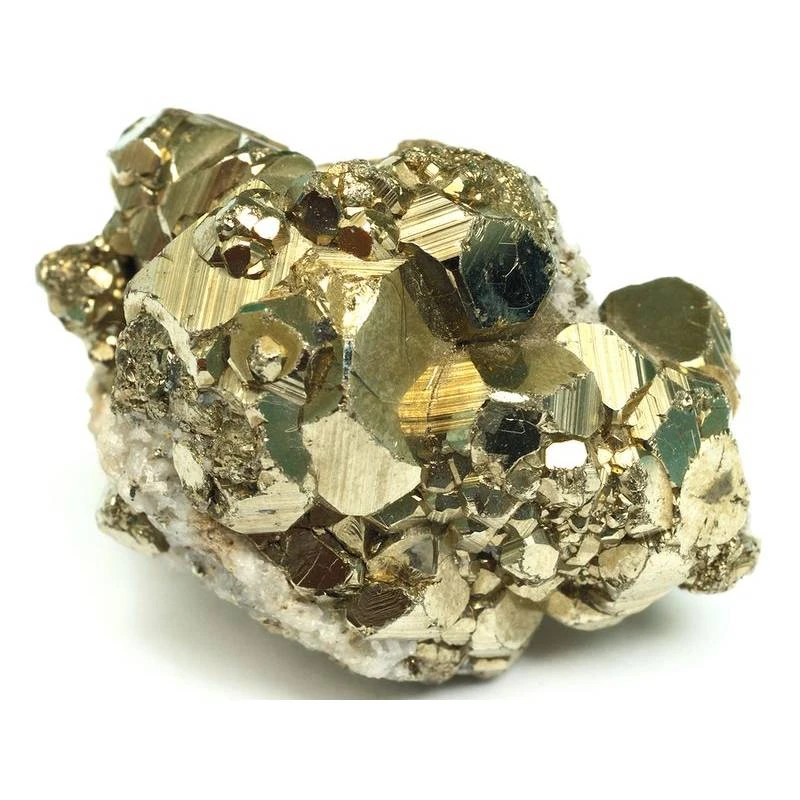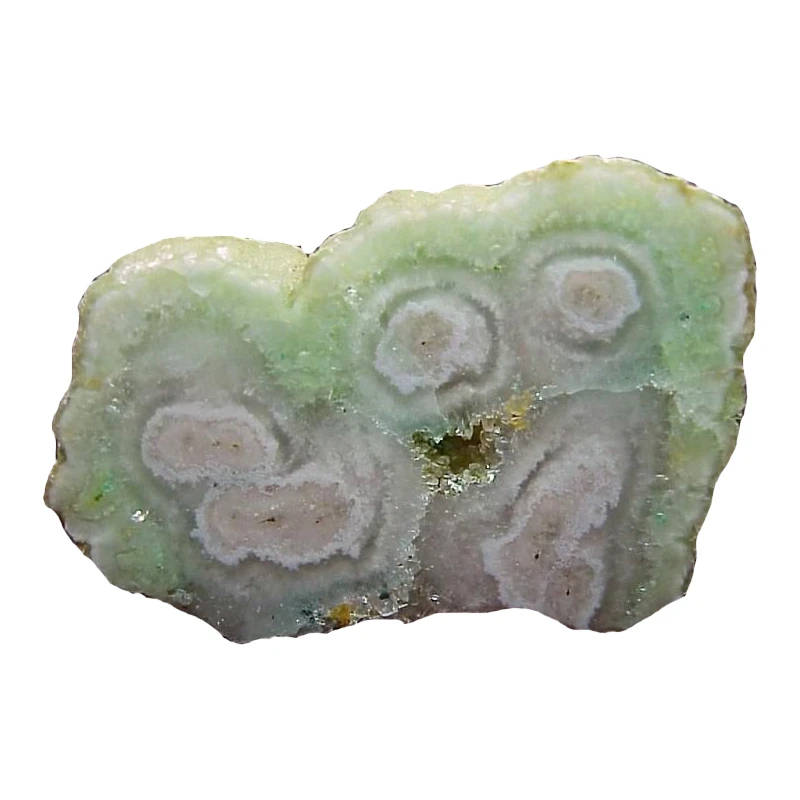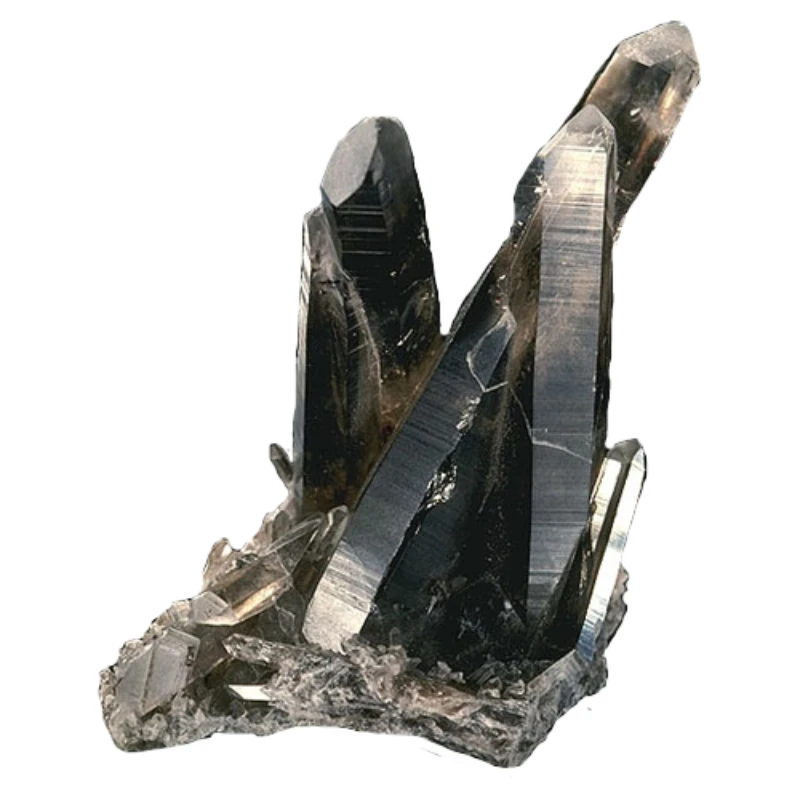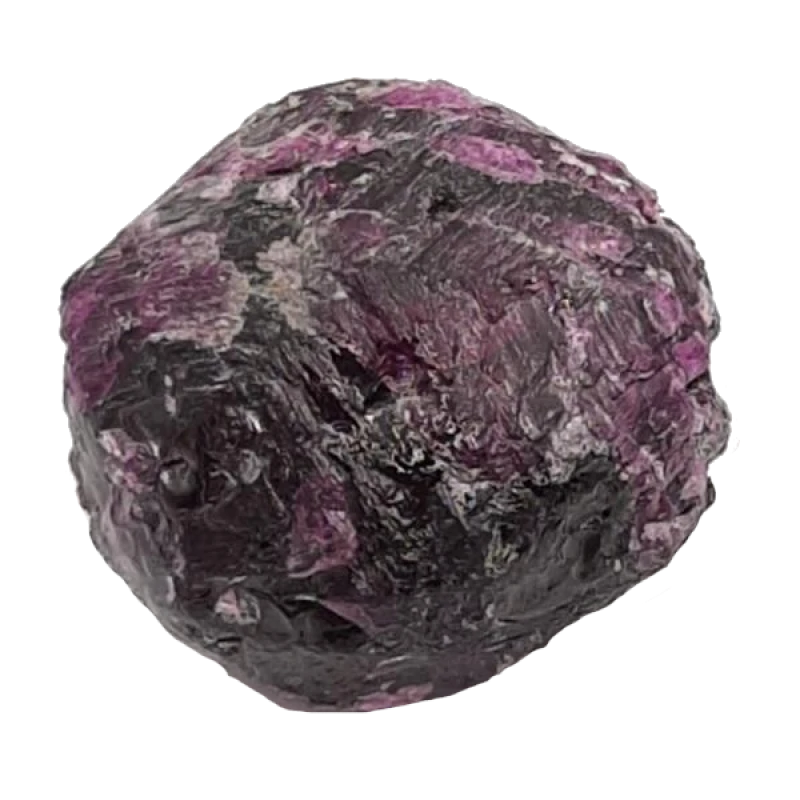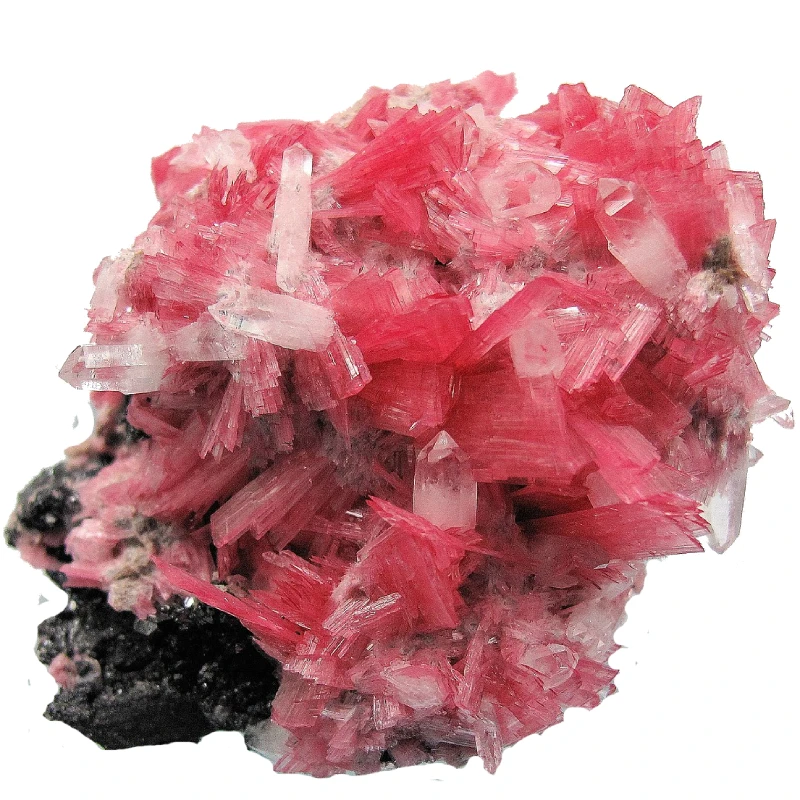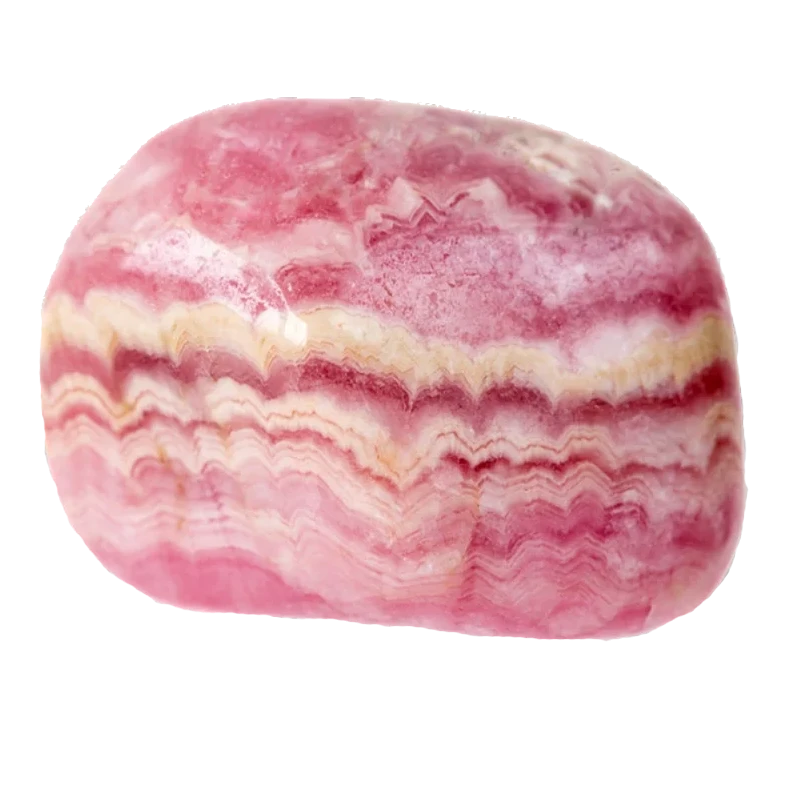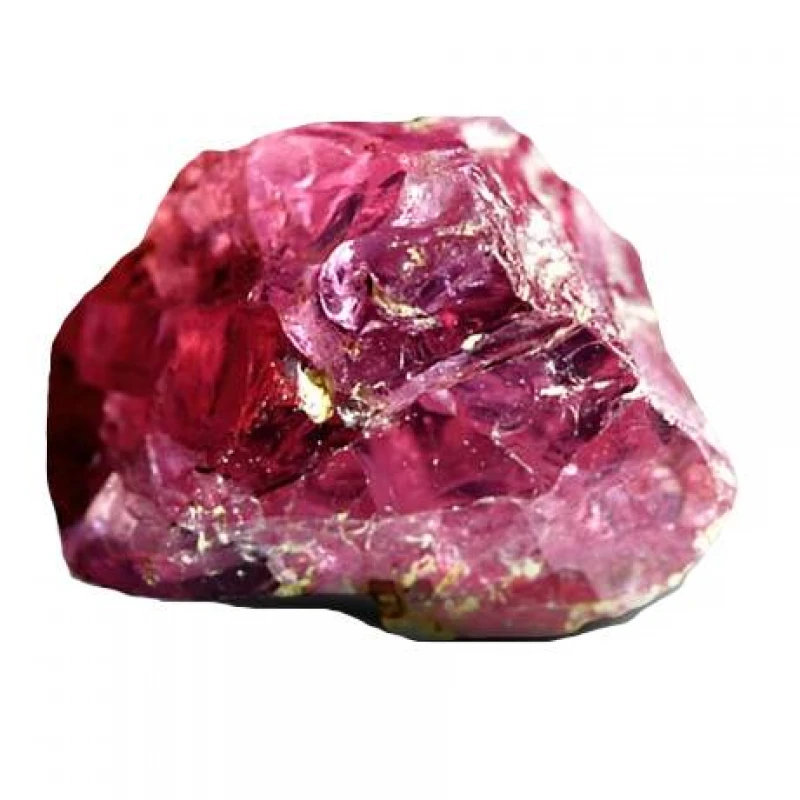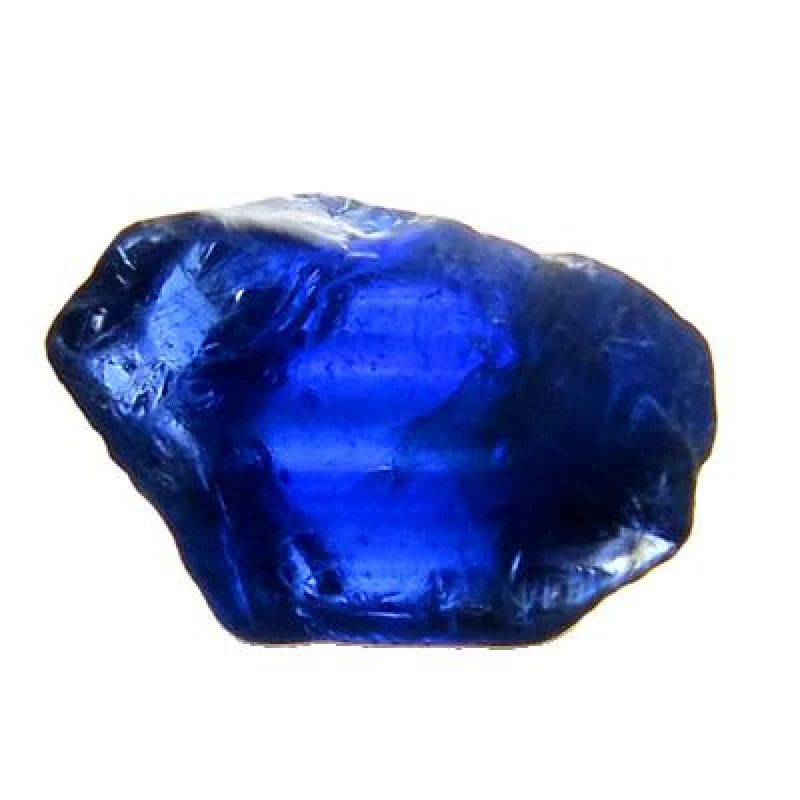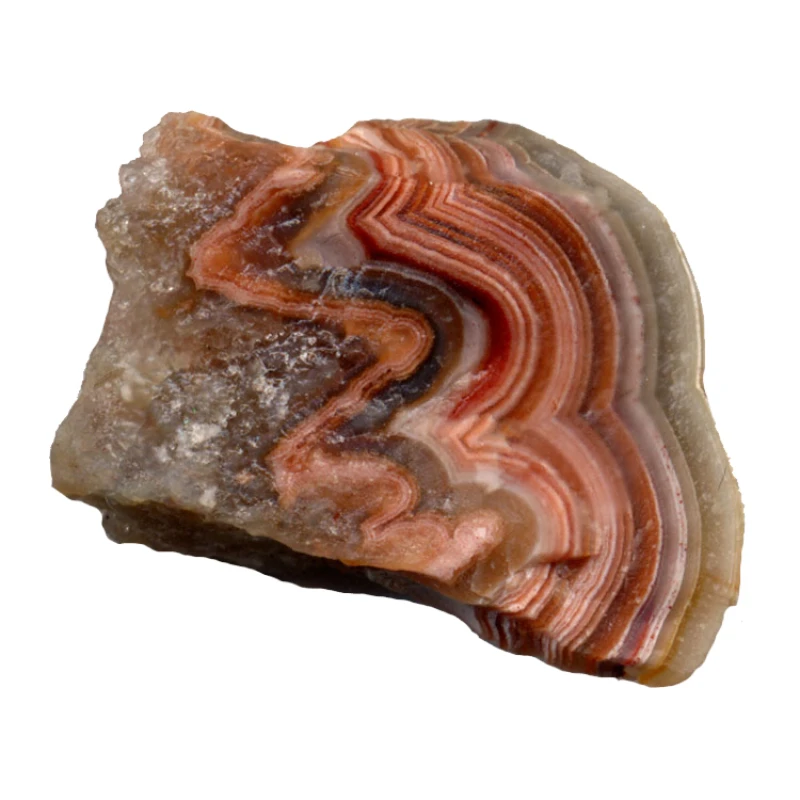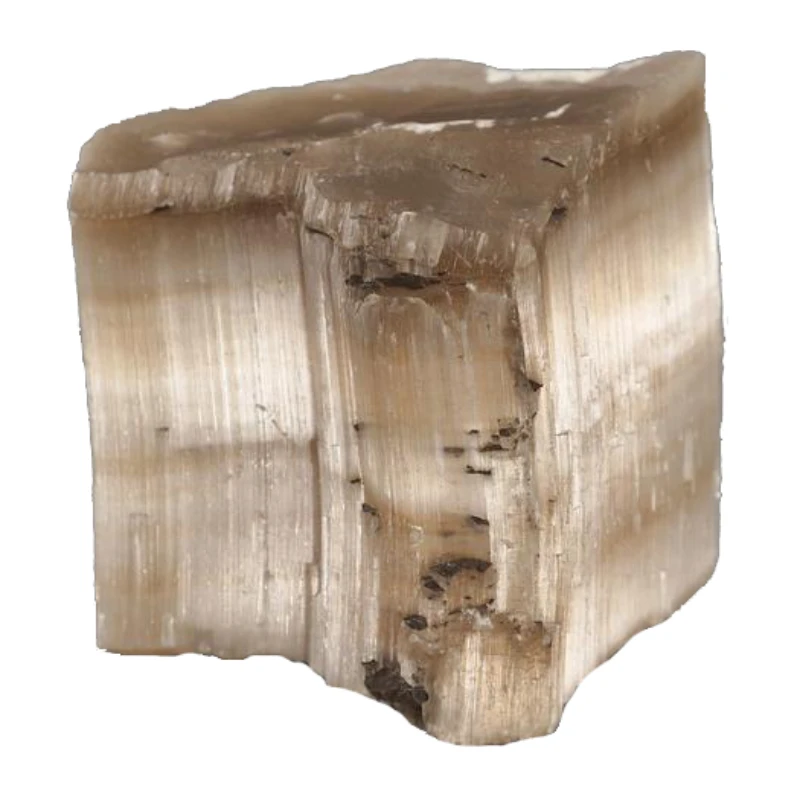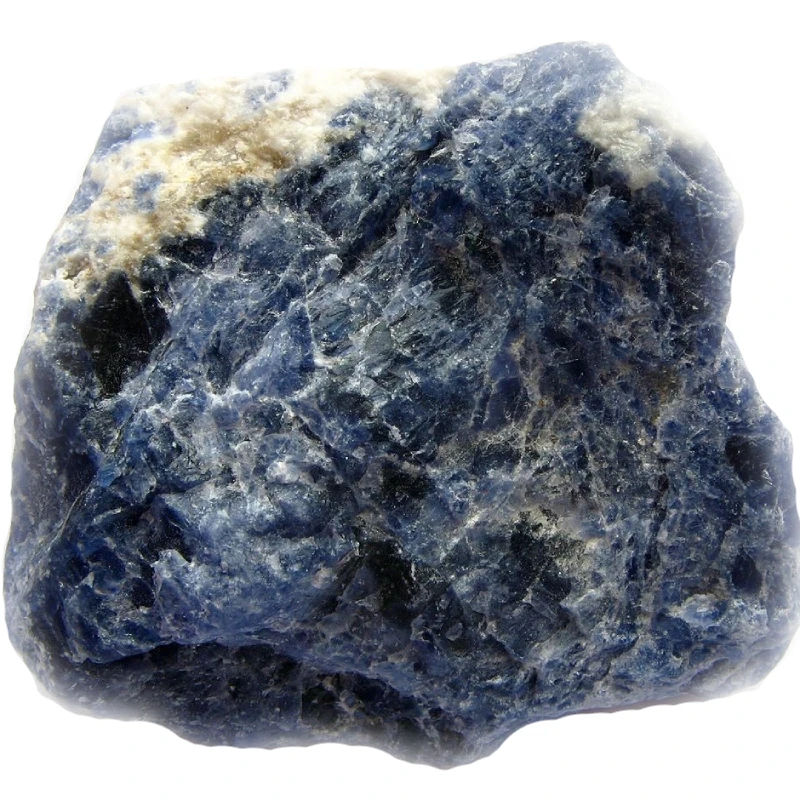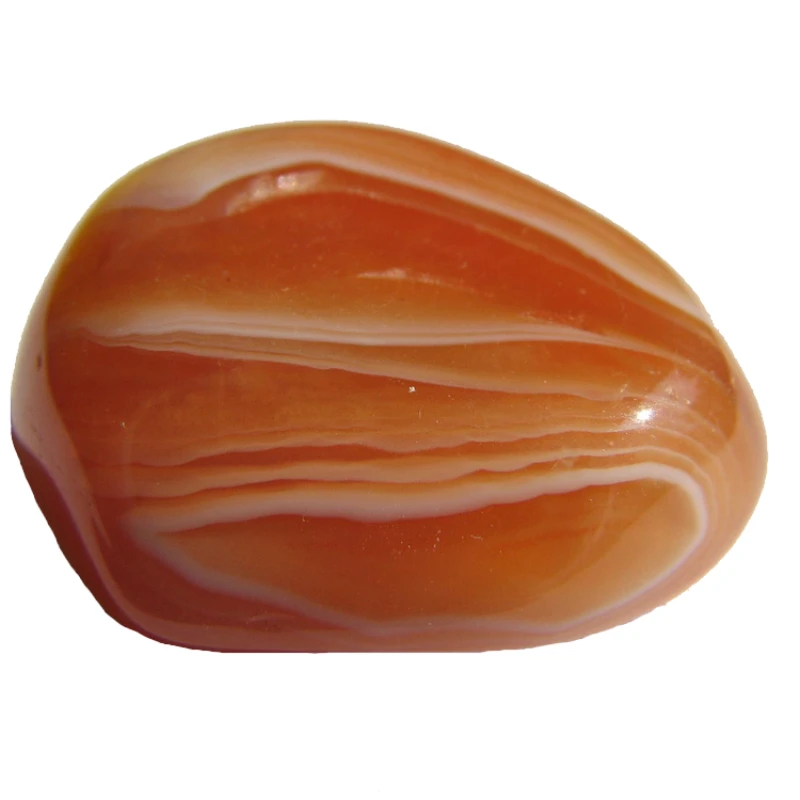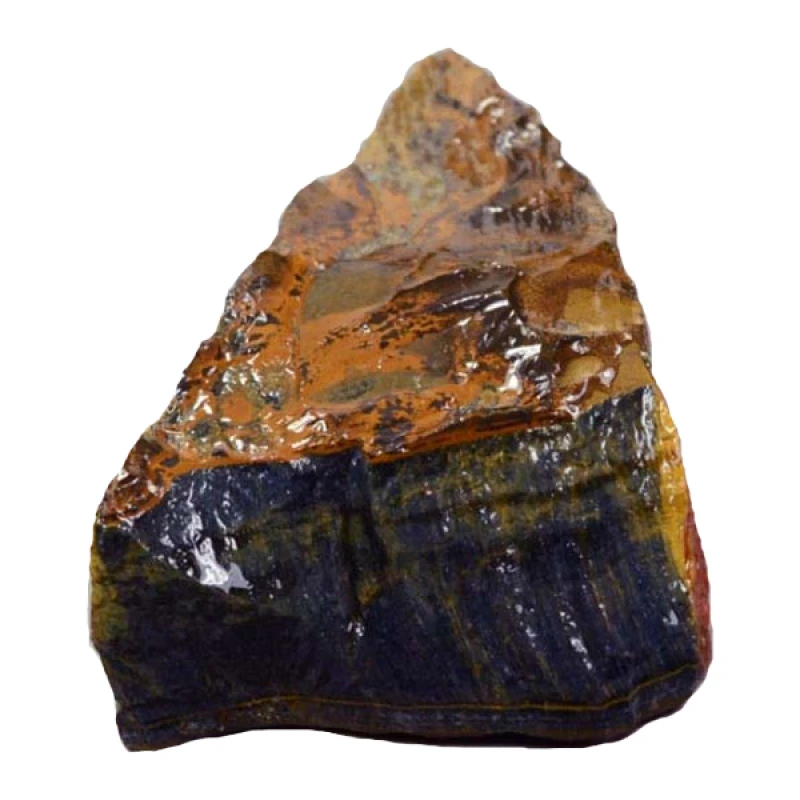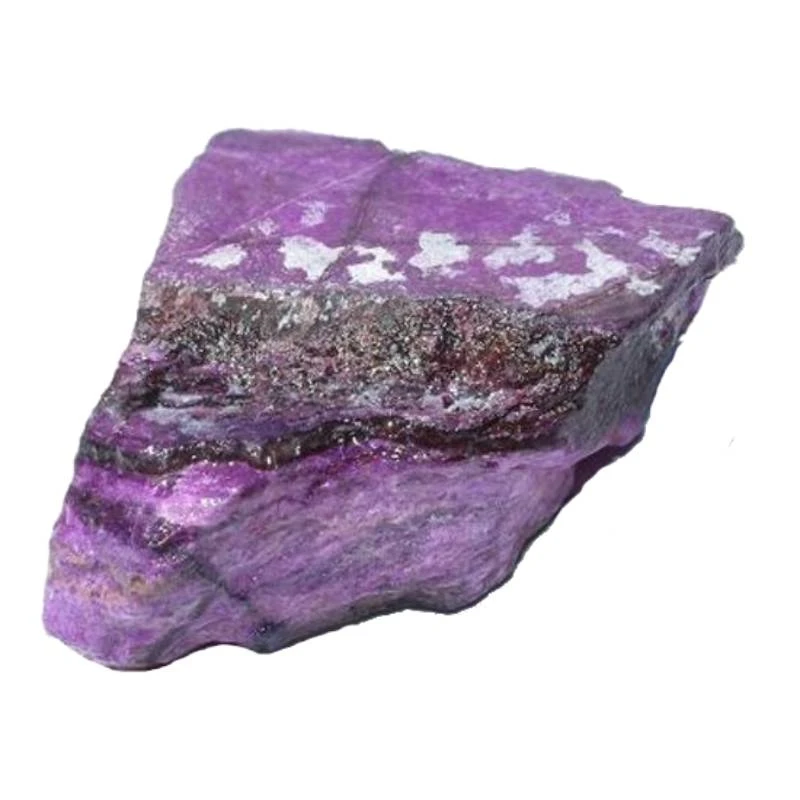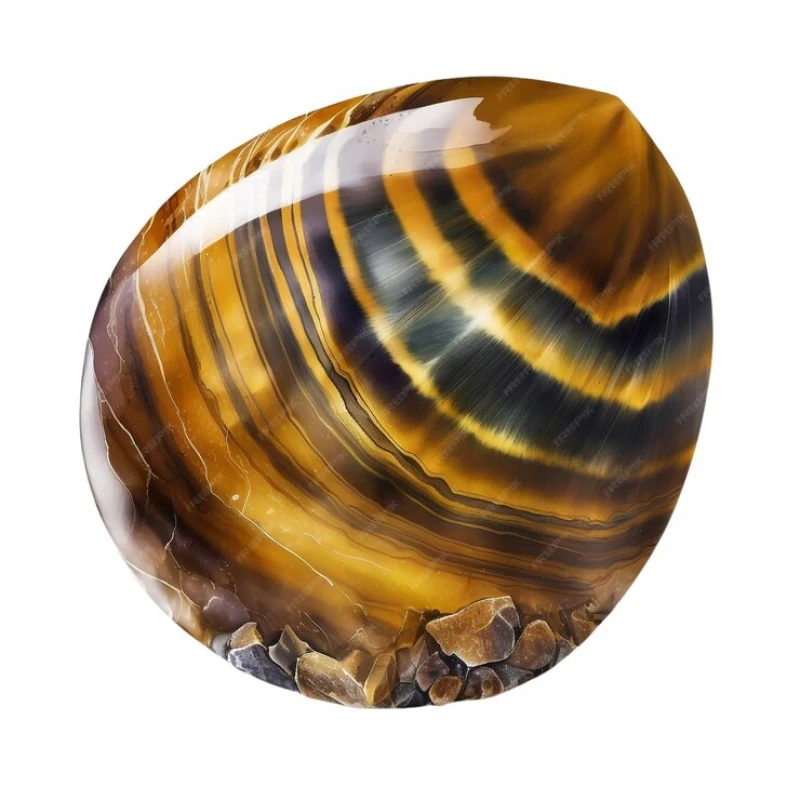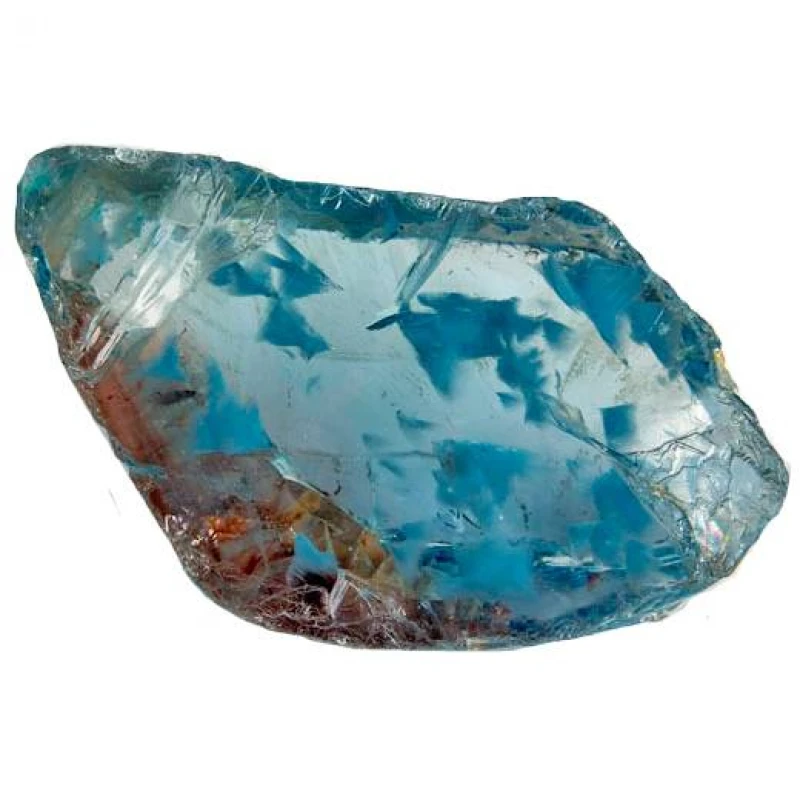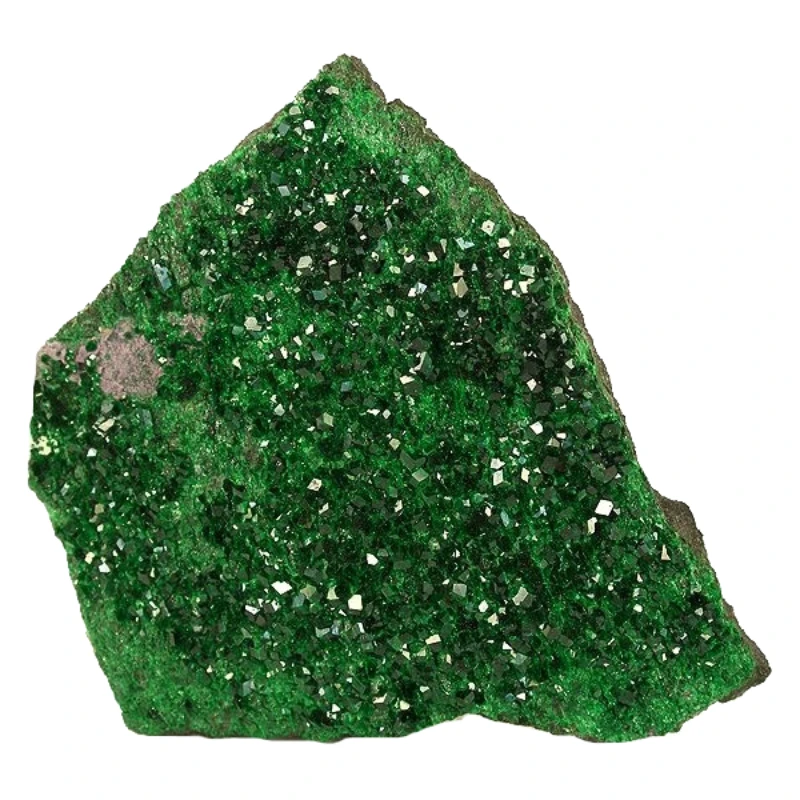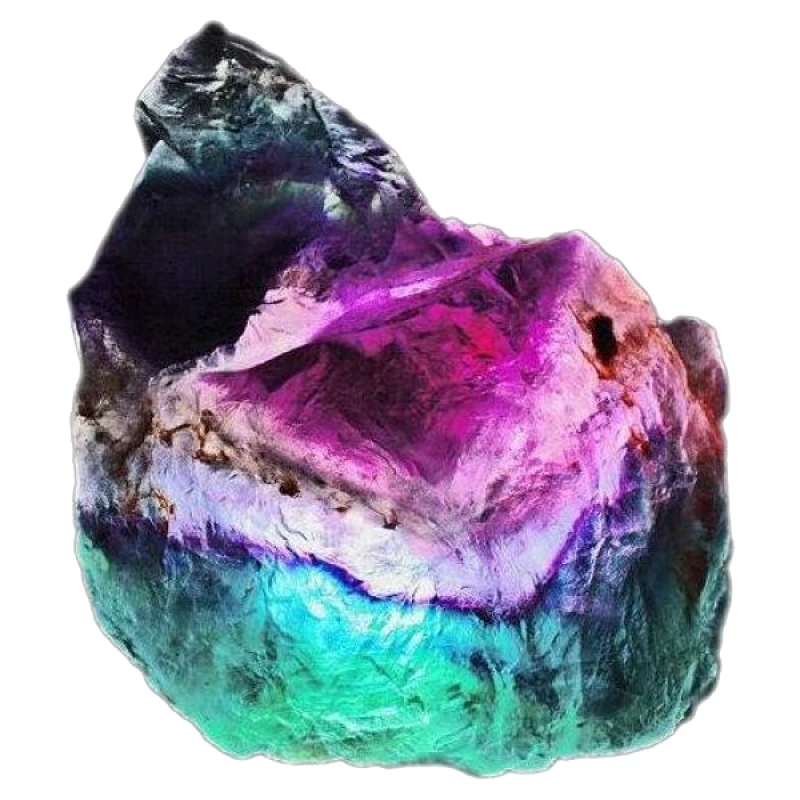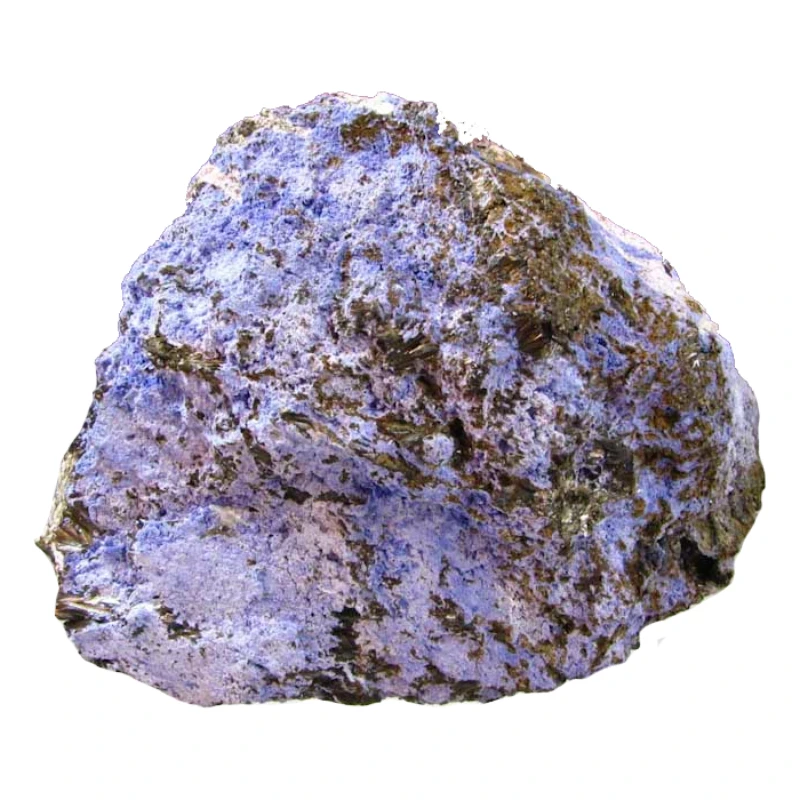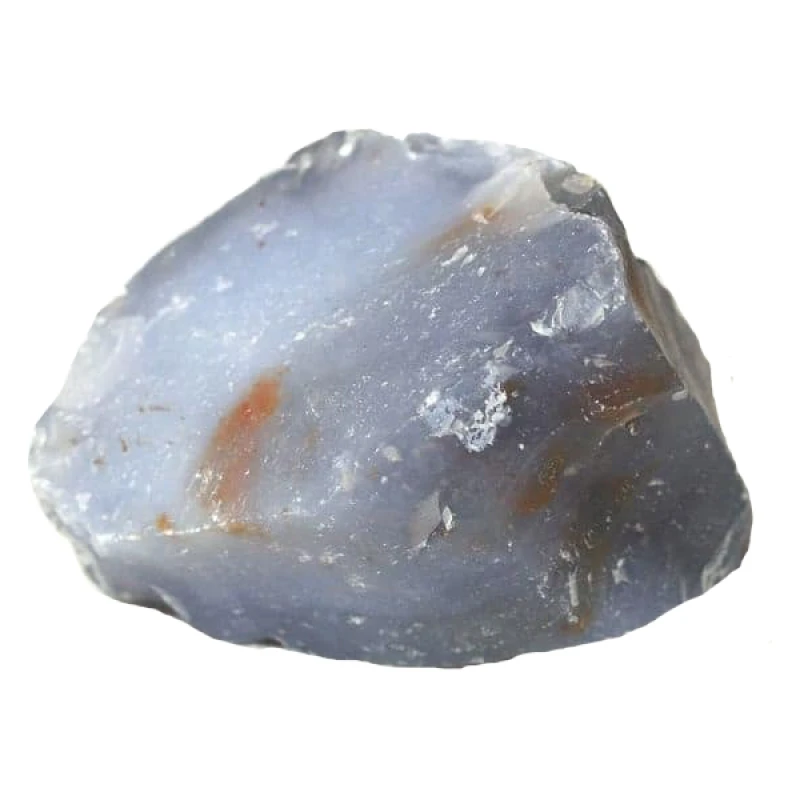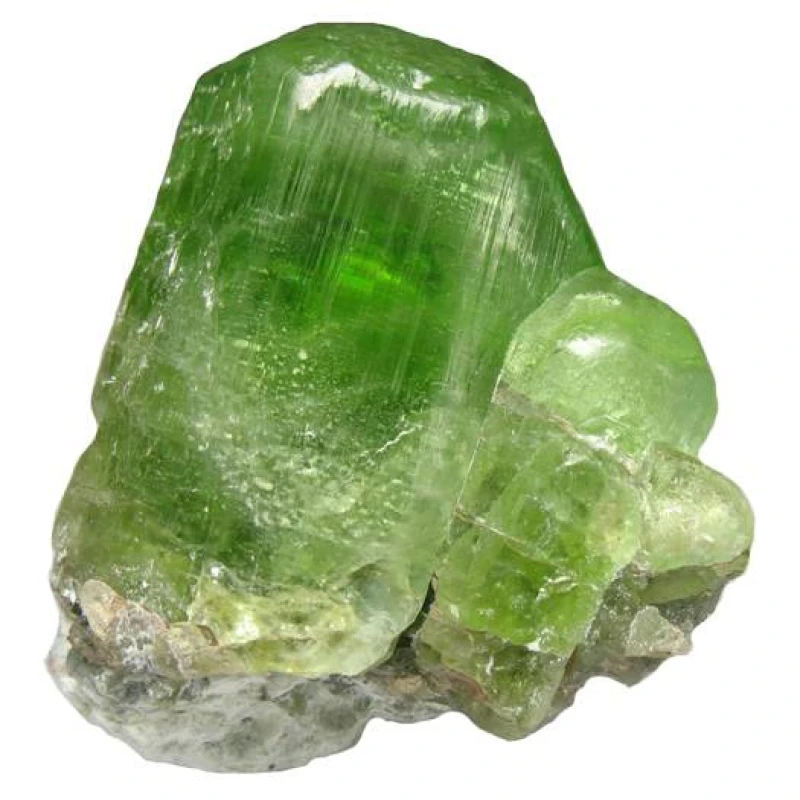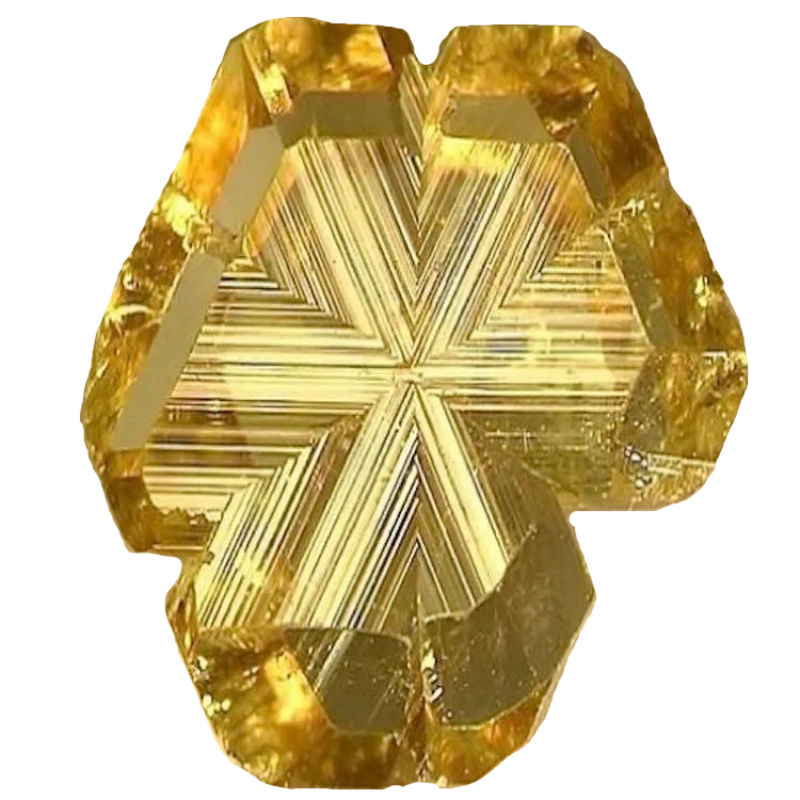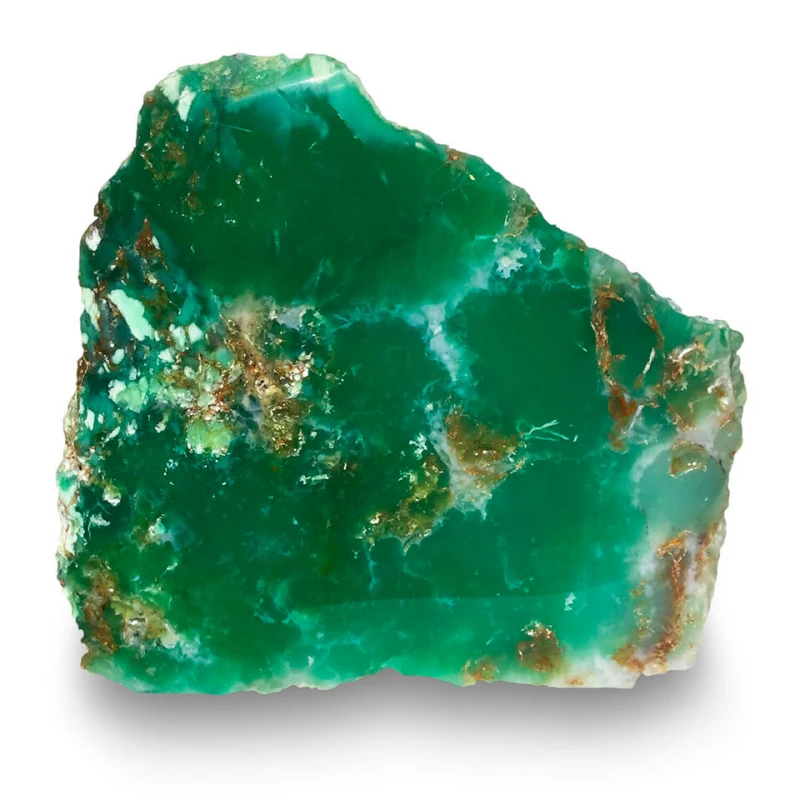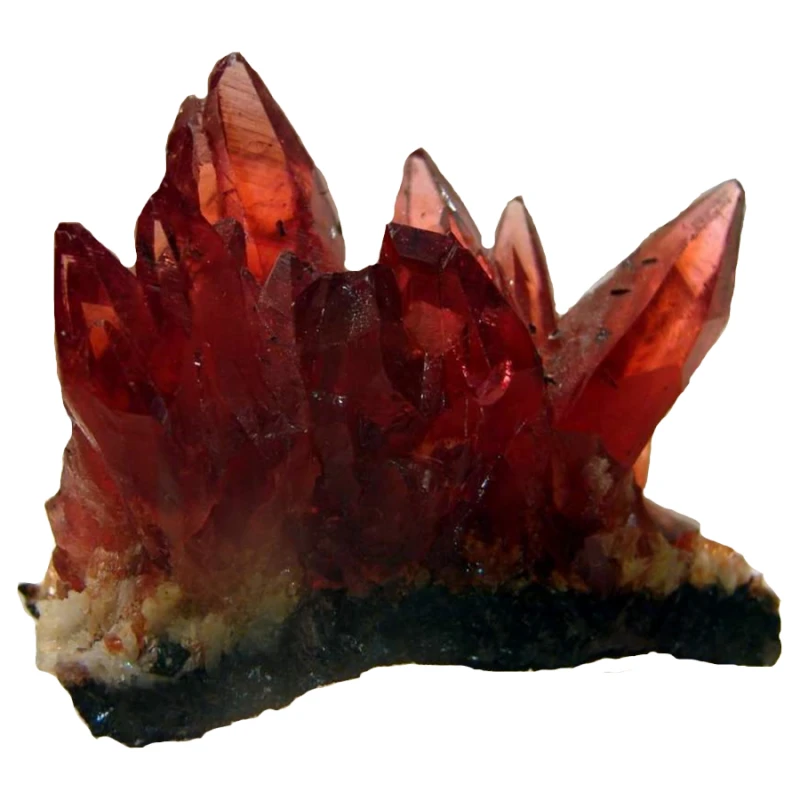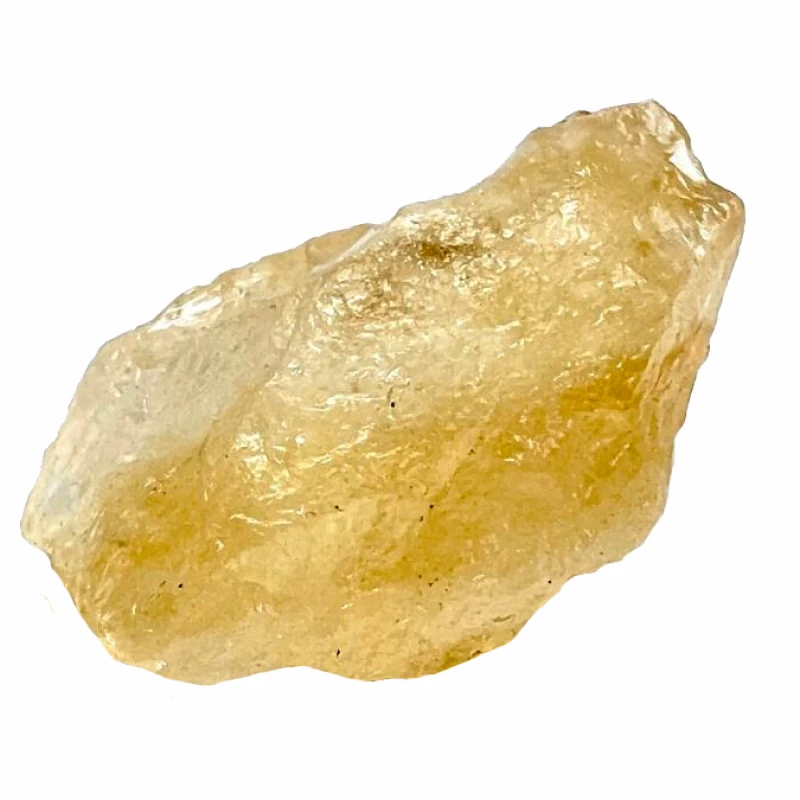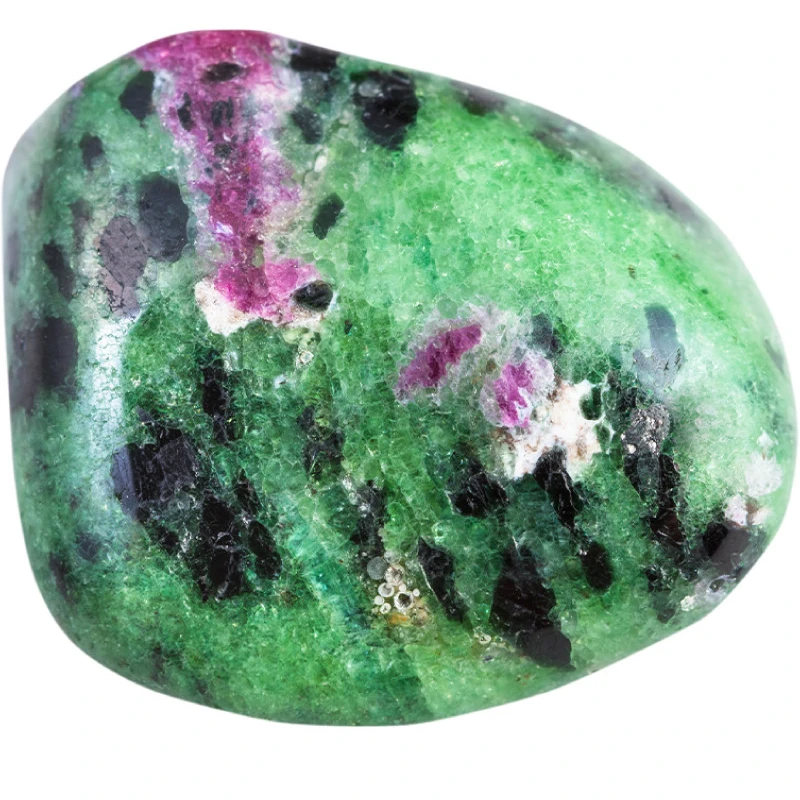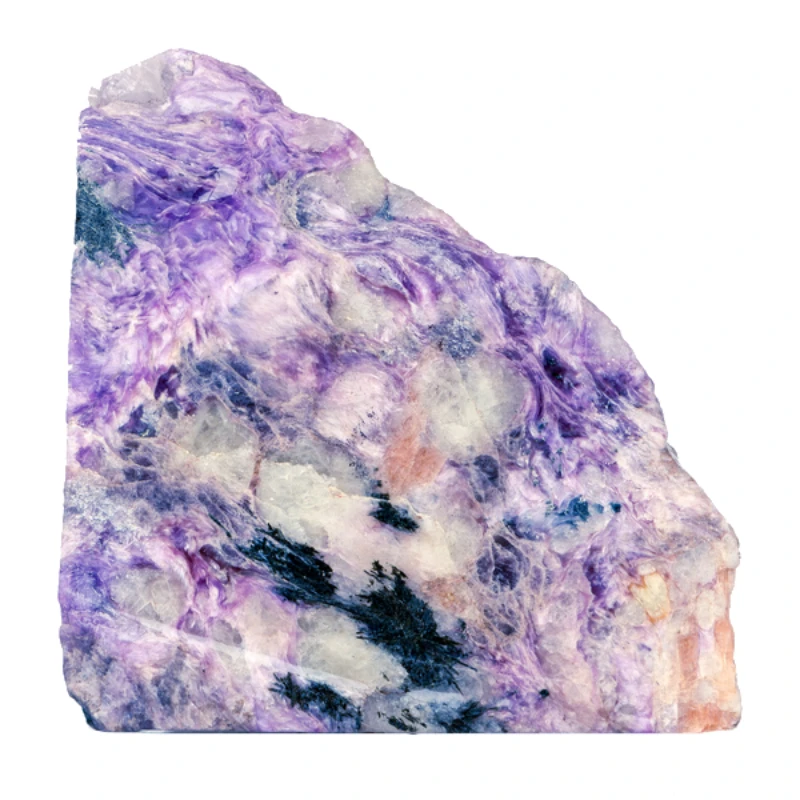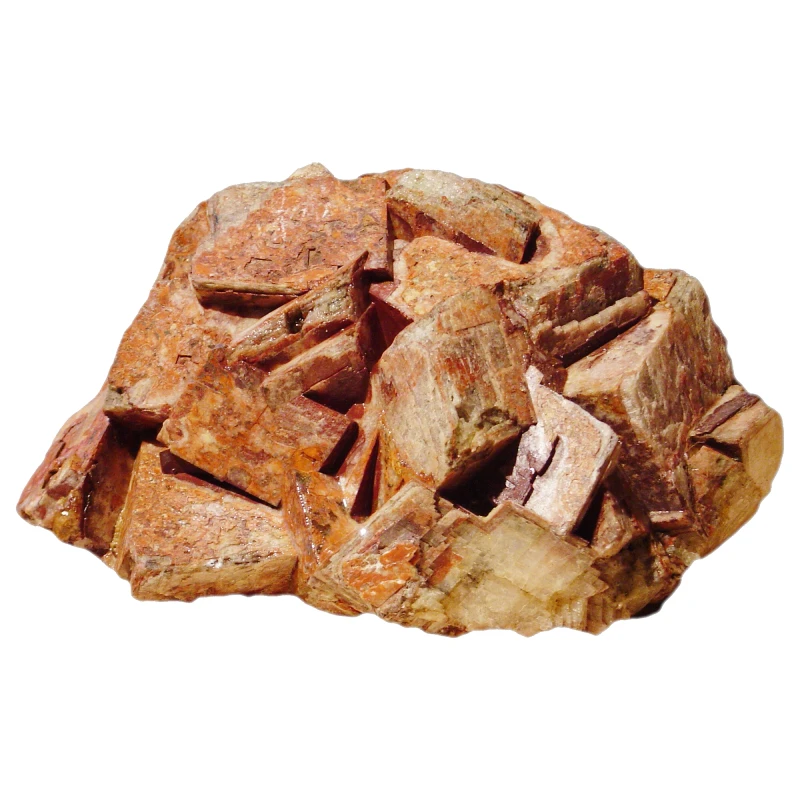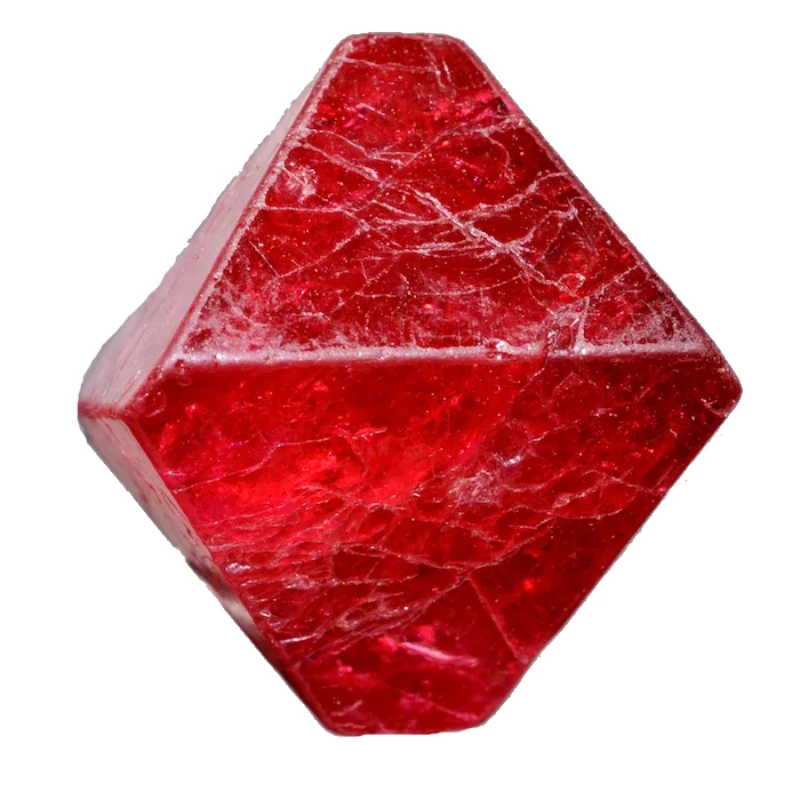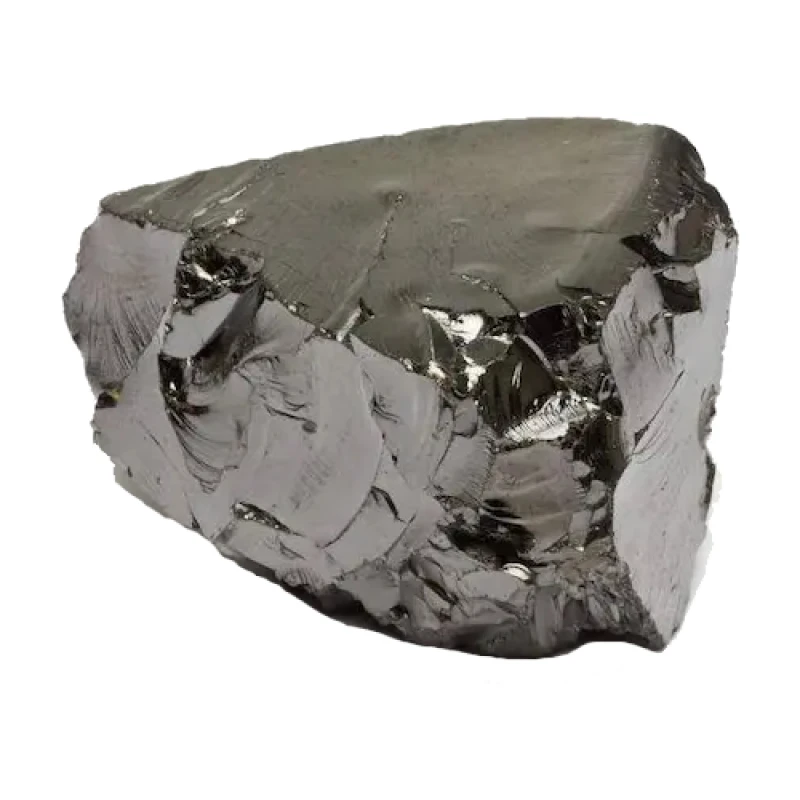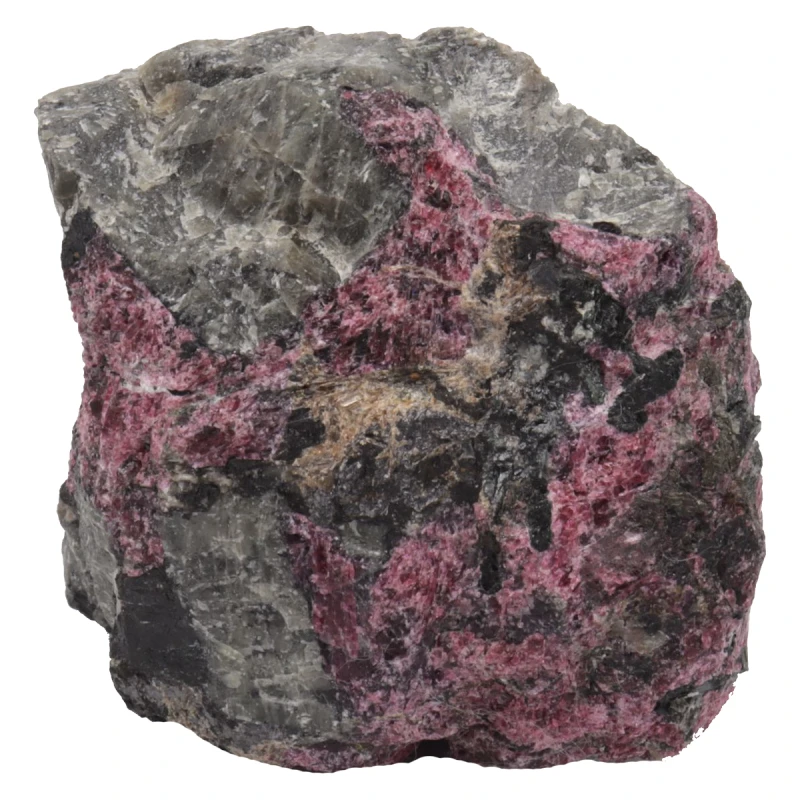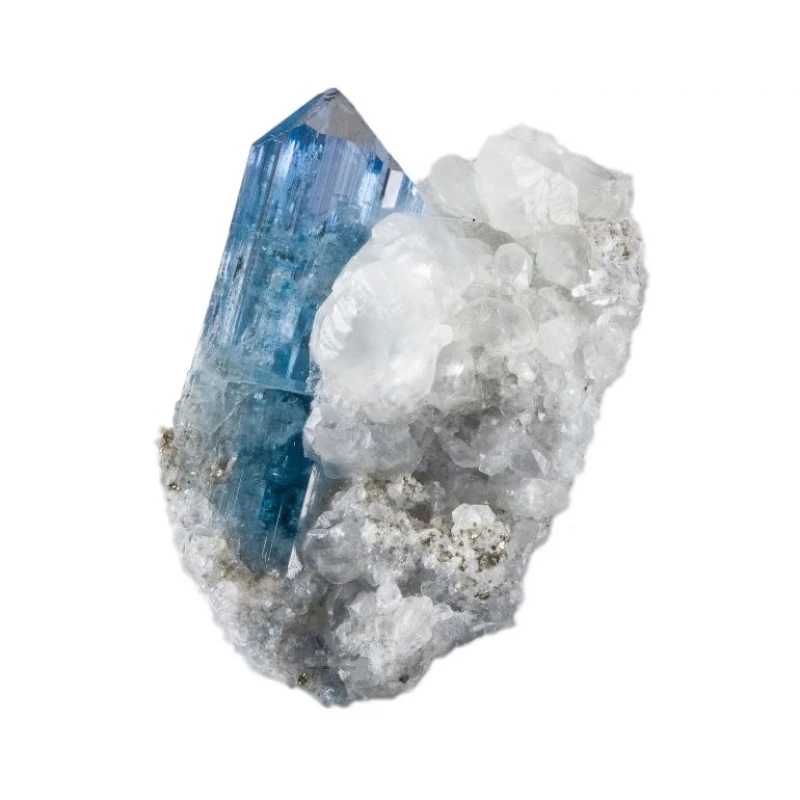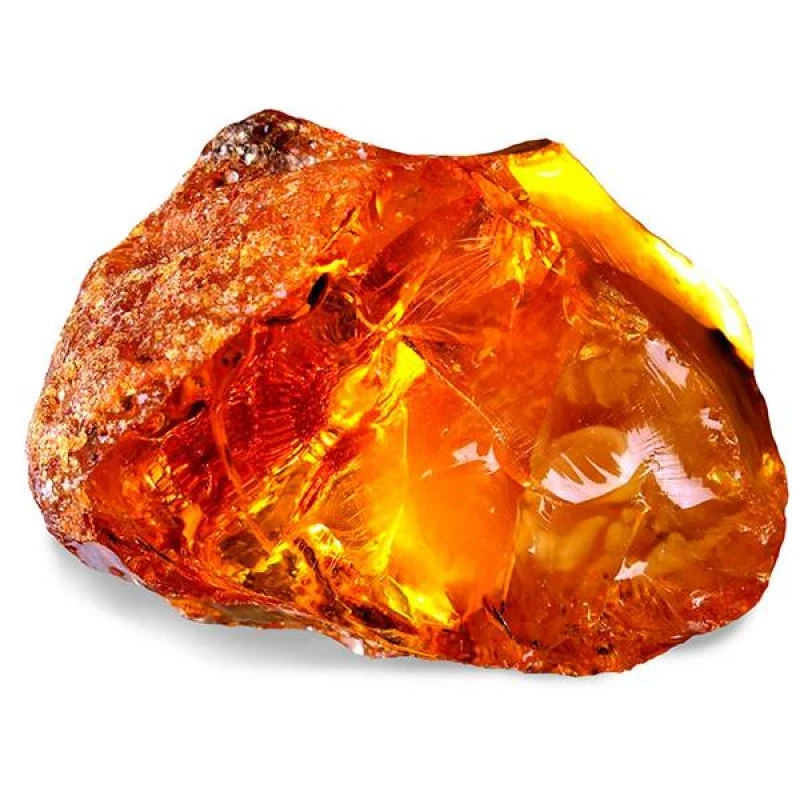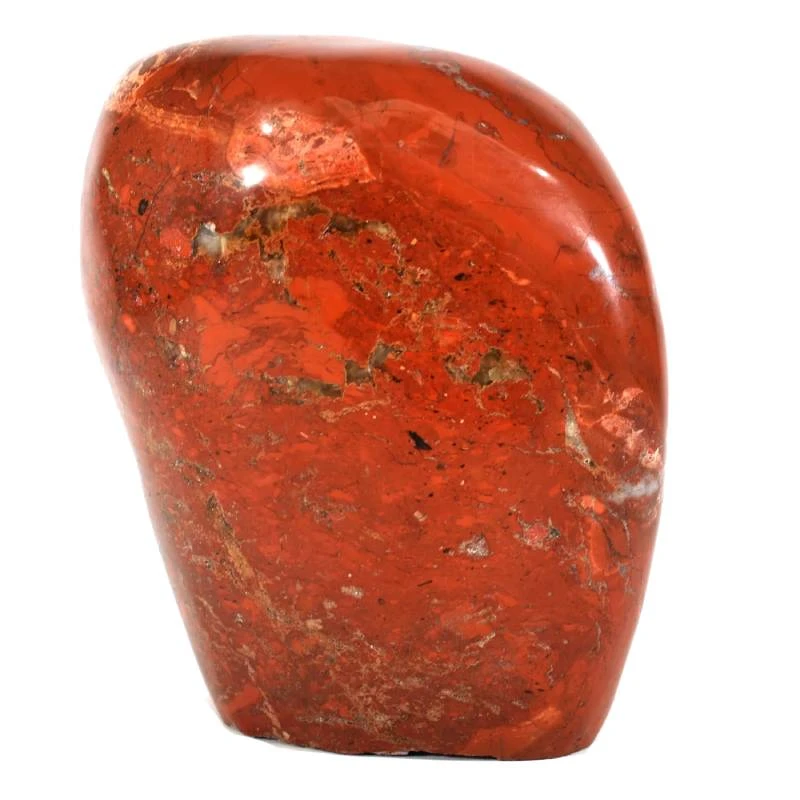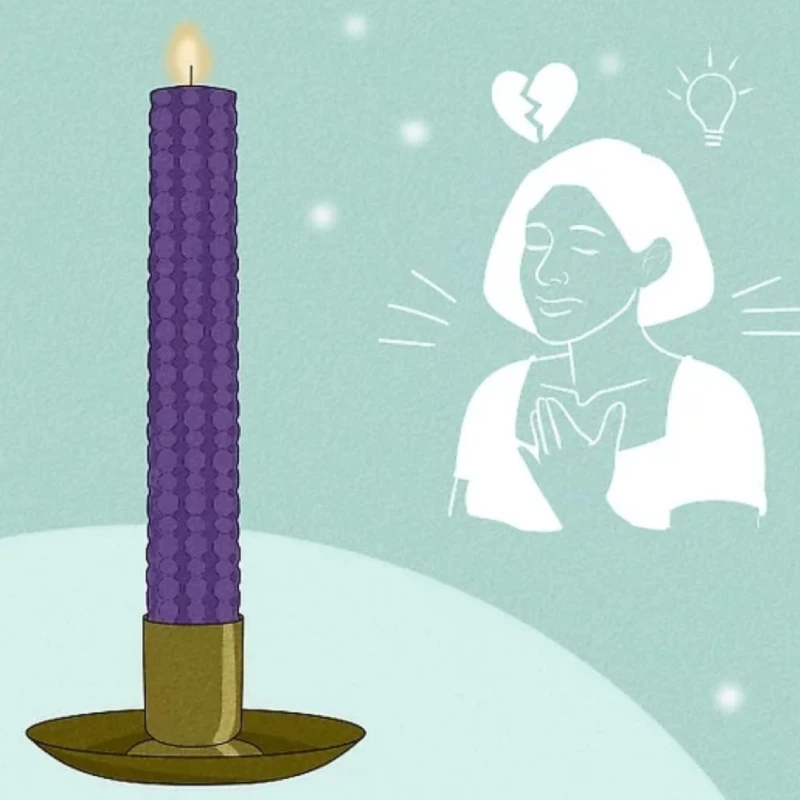Tourmaline
Stone History
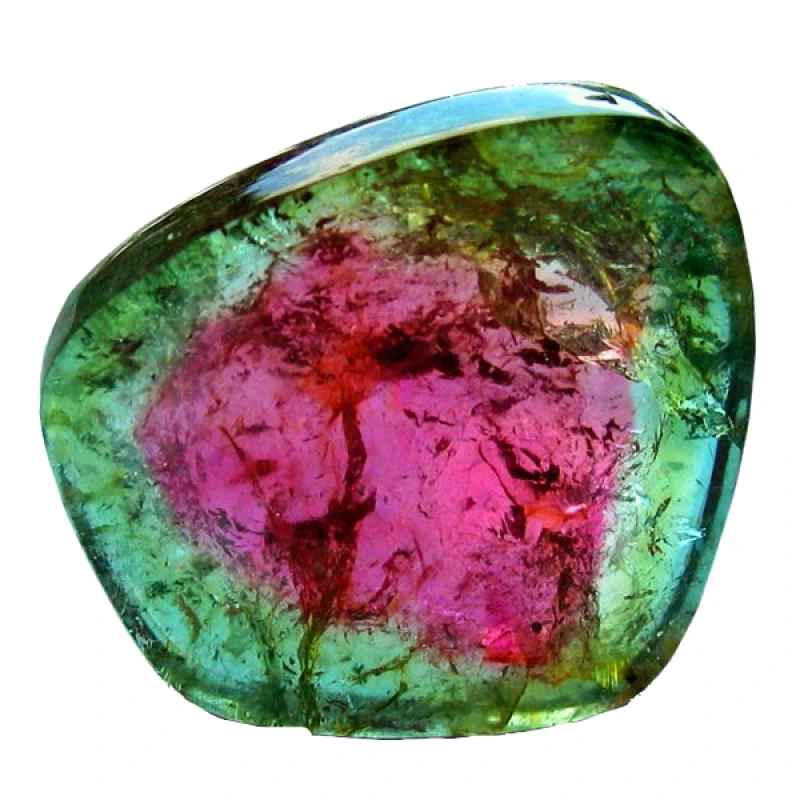
Tourmaline is a semi-precious gemstone known for its wide color range and variety. The name “tourmaline” comes from the Sinhalese word “toramalli,” meaning “stone of mixed colors.” Its history dates back to ancient times and spans many cultures and civilizations.
-
Ancient Egypt: Egyptians believed that tourmaline traveled through a rainbow, which gave it its many colors. They used it in jewelry and amulets.
-
Ancient Rome: Romans valued tourmaline for its beauty and believed in its healing properties. It was used for jewelry and seals.
-
19th Century: With the development of mineralogy, tourmaline became a subject of scientific interest. American mineralogist George Frederick Kunz promoted tourmaline, especially after large deposits were found in the USA.
Zodiac
Tourmaline is suitable for several zodiac signs due to its variety of colors and energetic properties. The most common associations are:
-
Libra: Helps maintain balance and harmony, enhances fairness and sound decision-making.
-
Scorpio: Strengthens intuition and emotional resilience. Black tourmaline provides protection and focus.
-
Capricorn: Promotes patience and perseverance. Green tourmaline supports discipline and career progress.
Element
Tourmaline is primarily associated with the Earth element due to its grounding and stabilizing properties. However, different colors correspond to various elements:
-
Green and black – Earth
-
Pink and red – Fire
-
Blue – Water
-
Colorless – Air
Its versatility allows tourmaline to harmonize and balance energy across many areas of life.
Planet
Tourmaline is linked with the planet Venus, which symbolizes love, beauty, harmony, and creativity. Tourmaline enhances heart energy, attracts love, and fosters emotional balance and inner peace.
Colors
Tourmaline exists in a broad range of colors:
-
Black (Schorl) – Opaque and powerful in energy protection
-
Green (Verdelite) – From light to emerald green, often transparent
-
Pink (Rubellite) – Delicate to vibrant pink hues, used in fine jewelry
-
Red – Ranges from soft red to deep ruby tones
-
Blue (Indicolite) – Light to deep blue, prized for its clarity
-
Colorless (Achroite) – Rare, transparent, and unique
-
Yellow (Dravite) – From pale to amber tones, sometimes with brown hues
-
Brown – Often opaque with earthy tones
-
Watermelon – Bi-colored with pink centers and green edges
This color diversity makes tourmaline one of the most attractive and collectible gemstones.
Chakra
Tourmaline balances various chakras depending on its color:
-
Black tourmaline – Root chakra (Muladhara), grounding and protection
-
Green tourmaline – Heart chakra (Anahata), promotes love and emotional healing
-
Blue tourmaline – Throat chakra (Vishuddha), enhances communication
-
Colorless tourmaline – Crown chakra (Sahasrara), purifies and harmonizes all chakras
Magical Properties
Tourmaline is valued in metaphysical practices for its many magical properties:
-
Protection: Especially black tourmaline, which shields from negative energy
-
Grounding: Strengthens connection to the earth, supports security and stability
-
Emotional Healing: Especially green and pink tourmaline, for mood and heart restoration
-
Energy Boost: Activates chakras and increases vitality
-
Clarity and Focus: Supports decision-making and mental sharpness
-
Spiritual Growth: Enhances intuition and spiritual awareness
-
Love and Harmony: Encourages love, compassion, and emotional bonds
-
Creativity: Blue tourmaline inspires artistic expression and communication
Healing Properties
Tourmaline has many therapeutic benefits in alternative healing:
-
Boosts immunity
-
Reduces stress and anxiety
-
Relieves pain and inflammation
-
Improves blood circulation
-
Detoxifies the body
-
Balances energy centers
-
Stimulates metabolism
-
Promotes restful sleep
These qualities make it a valued stone in holistic and crystal healing.
Mining Locations
Tourmaline is found in many regions around the world. Major sources include:
-
Brazil – Offers tourmaline in a wide color range
-
Afghanistan – Especially in Nuristan province, known for black varieties
-
South Africa – Produces pink and green types
-
USA (California) – Known for green and pink tourmaline
-
Mozambique – Known for varied tourmaline hues
-
Nigeria – Offers tourmaline in many color variations
Other countries also produce tourmaline with distinctive characteristics and quality.
Other articles in this section
